SAGARMANTHAN – THE GREAT OCEANS DIALOGUE
Dredging plays a critical role in maintaining safe and navigable waterways by removing sediments and debris, thereby supporting maritime trade, navigation, and environmental stewardship. The global dredging market is estimated at USD 17–20 billion in 2024 and is projected to reach USD 20–22 billion by 2034. In India, the dredging sector, currently valued at USD 314 million, is expected to grow to USD 622 million by 2035, driven by port expansion, development of inland waterways, and the adoption of sustainable maritime practices. The Sagar Samriddhi sessions being jointly organized by the Dredging Corporation of India Limited (DCIL) and Centre for Maritime Economy & Connectivity (CMEC) at RIS as the knowledge partner, will explore key imperatives in advancing India’s dredging sector, focusing on technological innovations, sustainable dredging operations, and the beneficial reuse of dredged materials.
The session on “Advances in Dredging Technologies & Operations” explores AI-enabled and automated dredging equipment, GPS-guided operations, and online monitoring through Sagar Samriddhi. It highlights efficient, precise, and environmentally responsible operations, along with the beneficial reuse of dredged material in construction, coastal protection, and habitat restoration.
The session on “Waste to Wealth Opportunities” focuses on transforming dredged materials into valuable resources for construction, environmental restoration, energy, and agriculture. It emphasizes technical, policy, and stakeholder strategies to promote sustainable reuse, monetize dredged sediments, and advance India’s circular economy goals, showcasing global best practices and PPP models.
Through Sagar Samriddhi, India is driving transparency, efficiency, and innovation in dredging, turning waste into wealth and strengthening the nation’s maritime infrastructure for future growth.
- 27th Oct | 02:30 PM ~ 09:00 PM
- 28th Oct | 09:00 AM ~ 9:30 PM
- 29th Oct | 09:00 AM ~ 2:30 PM
Details
| Time | Duration | Session Title | Description |
|---|---|---|---|
| 4:00 PM - 6:30 PM | 2h 30m | Registration | Participant registration and welcome formalities for all attendees of Sagarmanthan: The Great Oceans Dialogue 2025. Venue: Jio World Convention Centre |
| 6:30 PM - 7:30 PM | 1h | Inaugural Ministerial Session: Shaping the Future of Global Logistics | Theme: Building Resilient, Smart and Sustainable Supply Chains. As global trade routes evolve and supply chains undergo profound transformation, logistics stands at the heart of the world economy’s next phase. This high-level panel brings together ministers and industry leaders from across continents to discuss how emerging technologies, resilient infrastructure, and new partnerships are reshaping the movement of goods and services. The discussion explores how digitalisation, decarbonisation, and sustainable port development can build efficient, secure, and future-ready logistics ecosystems. Panellists: - Robert Tieman, Minister of Infrastructure and Water Management, Netherlands - Marianne Sivertsen Næss, Minister of Fisheries and Ocean Policy, Norway - Rizwan Soomar, CEO & MD, Middle East, North Africa & India Subcontinent, DP World, UAE - Johannah Christensen, CEO, Global Maritime Forum, Denmark Moderator: - Samir Saran, President, Observer Research Foundation, India Venue: Indian Ocean Hall, Jio World Convention Centre |
| 7:30 PM - 8:00 PM | 30m | Ministerial Address | Opening and keynote addresses setting the stage for Sagarmanthan 2025, outlining India’s maritime vision and commitment to global cooperation in sustainable port and shipping development. Opening Address: - Vijay Kumar, Secretary, Ministry of Ports, Shipping and Waterways, India Keynote Address: - Sarbananda Sonowal, Minister, Ministry of Ports, Shipping and Waterways, India Venue: Indian Ocean Hall, Jio World Convention Centre |
| 8:00 PM - 9:30 PM | 1h 30m | Inaugural Dinner Roundtable (Invite-only): Looking Back, Looking Ahead — Reflections and Strategic Horizons | The oceans have long been arenas of commerce, cooperation, and contestation. As maritime domains face growing pressures from the evolving global order, climate change, technological disruption, and shifting trade patterns, this invite-only roundtable reflects on past lessons and anticipates future maritime challenges and opportunities. Discussion Themes: - Freedom of navigation and rules-based maritime governance - Sustainable blue economy and naval modernisation - Maritime domain awareness and collective maritime security Driving Questions: - How have existing regional and global maritime cooperation frameworks shaped stability, connectivity, and shared prosperity? - What strategic priorities must guide the next phase of global maritime governance? - How can nations strengthen collective maritime security while advancing sustainable growth? Venue: Brahmaputra Hall, Jio World Convention Centre |
| 8:00 PM - 9:30 PM | 1h 30m | Inaugural Dinner | Formal networking dinner for attending ministers, delegates, and industry leaders concluding Day 1 of Sagarmanthan 2025. Venue: Indian Ocean Hall, Jio World Convention Centre |
| Time | Duration | Session Title | Description |
|---|---|---|---|
| 8:30 AM - 10:00 AM | 1h 30m | Registration | Morning registration for Day 2 participants and delegates. Venue: Jio World Convention Centre |
| 10:00 AM - 11:00 AM | 1h | Plenary 1: Redrawing the Map — New Routes for Critical Minerals | Theme: Emerging Maritime Corridors for Critical Mineral Supply Chains. The global energy transition and rapid technological advancements are driving unprecedented demand for critical minerals—lithium, cobalt, and rare earths. Deposits are distributed across Africa, Asia, and Latin America, but processing capacity remains concentrated elsewhere. This panel examines how emerging resource-rich regions can be integrated into global supply chains through innovative maritime shipping routes, infrastructure development, and strategic partnerships. Driving Questions: - What new maritime and multimodal routes could increase efficiency in critical mineral supply chains from extraction to processing and distribution? - How urgent is the need to invest in decentralised processing facilities near emerging mineral deposits, and how can these be connected to end-use markets? - What cutting-edge technologies can be deployed along new corridors to enhance efficiency, traceability, and sustainability? Scene-setting Remarks: - Bruno Pozzi, Deputy Secretary General, International Seabed Authority Panellists: - Irene Cynthia, Managing Director, Kamarajar Port Limited - Ajith P. Perera, Member of Parliament, Sri Lanka - Nancy Karigithu, Special Envoy and Adviser, Maritime and Blue Economy, Executive Office of the President, Kenya - Mads Qvist Frederiksen, Executive Director, Arctic Economic Council - Konstantinos Foutzopoulos, Executive Director, Athens Riviera Forum, Greece Moderator: - Harsh V. Pant, Vice President, Observer Research Foundation, India Venue: Indian Ocean Hall, Jio World Convention Centre |
| 11:00 AM - 11:20 AM | 20m | Transition Break | Short break for transition between sessions. Venue: Jio World Convention Centre |
| 11:20 AM - 12:20 PM | 1h | Plenary 2: Sailing Sustainably — Collaborative Pathways to Maritime Decarbonisation | Theme: Achieving Net-Zero Emissions in Maritime Shipping. Maritime shipping accounts for approximately 10% of transport-related emissions and may increase its share in coming years. The International Maritime Organization (IMO) has set ambitious targets to cut shipping emissions by at least 50% by mid-century. This panel examines mechanisms including sustainable port practices, green corridors, and green hydrogen infrastructure, while addressing financing challenges and the role of the Global South. Driving Questions: - How can environmental sustainability dovetail with financial sustainability? Where will reliable financing come from for sustainable shipping? - What ties together the energy and shipping sectors? Can transition in one enable swifter transition in the other? - How can the developed world support the Global South with technical assistance and financial resources for equitable and inclusive maritime decarbonisation? Scene-setting Remarks: - Gavin Allwright, Secretary-General, International Windship Association Panellists: - Maximilian Held, Head, Solutions Lab and Shipping Initiative, H2Global, Germany - Dulciana Somare-Brash, Development Specialist, DevCom Pacific, Papua New Guinea - Siv Remøy-Vangen, CEO, Norwegian Electric Systems, Norway - Michael Schröder, Member of the Board, Desertec Foundation, Germany Moderator: - Ashok Malik, Partner and Chair of India Practice, The Asia Group, India Venue: Indian Ocean Hall, Jio World Convention Centre |
| 11:20 AM - 12:20 PM | 1h | Technical Session 1 (Parallel): Connecting New Growth Engines — Shaping Africa-Asia-Middle East Linkages | Theme: Building South-First Maritime Connectivity. The centre of gravity for global production and consumption has shifted eastward and southward. Strengthening maritime linkages across Africa, Asia, and the Middle East can unlock significant untapped potential and build more sustainable and resilient supply chains. This panel explores port infrastructure investment, transparent financing, and sovereignty-respecting development that avoids dual-use facilities. Driving Questions: - Can states and stakeholders across Africa, the Middle East and Asia develop collaborative frameworks that connect new centres of global growth? - What are viable sources of financial and technical assistance for building maritime and digital infrastructure along these routes? - How can countries ensure newly developed maritime infrastructure remains transparent, civilian in nature, and free from strategic or dual-use exploitation? Panellists: - Juliet N. Nacion, Chief Maritime Industry Development Specialist, Maritime Industry Authority (MARINA), Philippines - Dorian Duçka, CEO, Alpha Strategy Consulting, Albania - Godwin Ichimi, Associate Professor, Nigerian Institute of International Affairs, Nigeria - Mehdi Jomaa, Former Prime Minister, Tunisia - Emad Hamdi Fawaz Rezk, Deputy Director of Planning Department, Suez Canal Authority, Egypt Moderator: - Sayantan Haldar, Associate Fellow, Observer Research Foundation, India Venue: Arabian Sea Hall, Jio World Convention Centre |
| 11:20 AM - 12:20 PM | 1h | Technical Session 2 (Parallel): The New Wave — Green-Blue Startups for Oceans and Economies | Theme: Harnessing Startup Innovation for Sustainable Maritime Growth. Climate and sustainability-focused startups are redefining how technology can be harnessed for the greater good. This panel explores how green-blue entrepreneurship—combining bold entrepreneurship, agile innovation, strong funding ecosystems—can transform conservation efforts and the maritime economy while avoiding greenwashing and ensuring genuine sustainability. Driving Questions: - How can green-blue startups drive ocean and climate innovation as engines of sustainable economic growth? - How can regulatory frameworks and international climate finance work together to curb greenwashing and advance ethical innovation in the blue economy? - Are green-blue startups actively shaping a new architecture for sustainable oceans, or are they constrained by geopolitics, capital flows, and policy inertia? Scene-Setting Remarks: - Sarna Röser, Member of the Board, Roeser Group, Germany Panellists: - Malshini Senaratne, Assistant Head of Department, University of Seychelles, and Director, Eco-Sol Consulting, Seychelles - Noortje van Sambeek, Founder, Innovation North, Netherlands - Birgit M. Liodden, Founder & Chief Mermaid, The Ocean Opportunity Lab, Norway - Neha Jain, Founder, ZeroCircle, India - Shelly Bengiat, Director and CEO, Envirotech Education and Founder & Chairwoman, Coralz, Australia Moderator: - María Cristina Chumacero Valle, Senior Project Manager, Blue Economy, Bpifrance, France Venue: Bay of Bengal Hall, Jio World Convention Centre |
| 12:20 PM - 1:20 PM | 1h | Plenary 3: Spreading the Anchor — Reducing Concentration in Shipbuilding and Shipping Supply Chains | Theme: Diversifying Global Shipbuilding Capacity. The global shipbuilding and shipping industry is dominated by China (50% of global capacity, 19% of commercial fleets, 95%+ of shipping containers), South Korea, and Japan. This panel explores how nations can collaborate to diversify and strengthen global supply chains, foster innovation, and build a more resilient and inclusive maritime ecosystem. Driving Questions: - What factors have contributed to concentration among a few countries, and how can the world collaborate to build resilient and diversified supply chains? - What policies, incentives, and partnerships can encourage more equitable distribution of production capacity? - How can financing and investment from the Global North support the Global South in developing shipbuilding capabilities? Panellists: - Yoon Jung Choi, Principal Research Fellow, Sejong Institute and Co-Chair, ASEAN Regional Forum, Republic of Korea - Arjun Chowgule, Executive Director, Chowgule and Company and President, Shipyards Association of India, India - Algis Latakas, Director General, Port of Klaipėda, Lithuania - Heungchong Kim, Professor by Special Appointment, Graduate School of International Studies, Korea University, Republic of Korea - Nilabhra Dasgupta, Deputy Chairman, Deen Dayal Port Authority, India Moderator: - Jonathan D. Caverley, Senior Fellow, International Institute for Strategic Studies, United States of America Venue: Indian Ocean Hall, Jio World Convention Centre |
| 12:20 PM - 1:20 PM | 1h | Technical Session 3 (Parallel): From Docks to Data — The Smart Port Revolution | Theme: Digital Transformation in Maritime Trade. Paper-based documentation and processing represents nearly a fifth of maritime trade costs, causing congestion, ship idling, and billions in annual losses. This panel explores how advanced technologies are revolutionising maritime operations—from replacing paperwork with digital bills of lading and smart contracts to enabling more agile and sustainable shipping and port management. Driving Questions: - What technological innovations could change how we do business at ports? Can we imagine shipping without logistics-related paperwork? - Can AI help? What use-cases are there for AI in reducing costs and delays at ports? Who would benefit most? - As paperwork disappears and AI grows in port management, how can we prepare for challenges to data privacy, cybersecurity, and accountability? Panellists: - Alexander Andersson, Managing Director and CEO, Apocca AB, Sweden - Gangadhar Gude, Founder and Group CEO, ATAI Labs, Netherlands - Som Dutta, Group Vice President - Data Sciences, DP World, United Arab Emirates - Dawoon Jung, Lecturer, Australian National Centre for Ocean Resources and Security, University of Wollongong, Australia - Nilabhra Dasgupta, Deputy Chairman, Deen Dayal Port Authority, India Moderator: - Erin Watson, Managing Director, Baker and York, Australia Venue: Arabian Sea Hall, Jio World Convention Centre |
| 12:20 PM - 1:20 PM | 1h | Technical Session 4 (Parallel): Ports and People — Harbours as Engines of Urban Inclusion | Theme: Port-Led Urban Development and Social Equity. Ports are urban anchors of growth, magnets for employment, and sources of innovation. In India and across the Global South, where urbanisation is accelerating, climate-resilient and attractive port cities are essential. This panel explores how port infrastructure can support broader urban goals including affordable housing, clean mobility, gender equity, and opportunities for all. Driving Questions: - What role does port management play in making coastal cities economically vibrant and sustainable sources of employment? How can we create people-first ports? - What local governance models and consultative frameworks can centre communities—especially women and marginalised groups—in port-led development? - How can ports balance commercial growth with environmental sustainability and social equity in the context of rapid urbanisation? Scene-setting: - Christian von Daniels, CEO, van Laack GmbH, Germany Panellists: - Ayla Bajwa, Group Senior Vice President, Sustainability, DP World, United Arab Emirates - Ishita Sharma, Research Manager, Port Esbjerg, Denmark - Malwande Nkalitshana, Stakeholder Partnership Coordinator, South African International Maritime Institute, South Africa - Amlan Bora, Chief Representative, South Asia, Port of Rotterdam, Netherlands - Tomasz Łukaszuk, Researcher, University of Warsaw; Former Ambassador of Poland to India, Poland Moderator: - Urvashi Sudhindra, Former Editor, World Oceans Summit Series, Economist Impact, India Venue: Bay of Bengal Hall, Jio World Convention Centre |
| 1:20 PM - 3:00 PM | 1h 40m | Lunch Roundtable (Invite-Only): Closing the Credit Gap — Reforming Trade and Insurance Finance for Inclusive Growth | Theme: Addressing Structural Biases in Global Trade Finance. The global trade finance and insurance architecture remains heavily skewed in favour of developed economies. Even developing nations with deep capital markets face higher costs, limited credit access, and restrictive insurance terms. This panel examines structural biases in trade finance and insurance regimes and discusses how to lower the cost of capital for the Global South. Driving Questions: - What are the sources of persistent differentials in risk premia? Is there structural bias against developing countries? What are potential pathways to fix the problem? - What role should multilateral institutions and development banks play in de-risking trade and expanding credit access? - How do credit rating agencies and export credit agencies contribute to financing asymmetries? Do we need new institutions or can old ones be reformed? Scene-setting Remarks: - Sanjeev Sanyal, Member, Prime Minister's Economic Advisory Council, India Interventions: - Catherine Kimaryo, Group Chief Strategy Advisor, TDB Group, Tanzania - Michael Steidl, Head, Regional Representation to South Asia, European Investment Bank, Luxembourg - Claudia Rutt, Chief Financial Officer, DATRI, Germany - Karim Dahou, Deputy Director and Head of China Unit, Global Relations and Cooperation Directorate, Organisation for Economic Co-operation and Development - Øivind Amundsen, CEO, Euronext Oslo Børs, Norway Moderator: - Georgina Cipoletta, Economics Affairs Officer, United Nations Economic Commission for Latin America and the Caribbean Venue: Brahmaputra Hall, Jio World Convention Centre |
| 1:20 PM - 3:00 PM | 1h 40m | Lunch | Networking lunch for all Day 2 participants and delegates. Venue: Indian Ocean Hall, Jio World Convention Centre |
| 3:00 PM - 4:00 PM | 1h | Plenary 4: Navigating Uncertainty — Collaborating for Maritime Resilience | Theme: Securing Critical Shipping Lanes in the Indo-Pacific. In recent years, key maritime chokepoints have been disrupted by escalating geopolitical tensions and climate change, adversely affecting cargo movement and causing delays and shortages across supply chains. With over 60% of maritime trade happening through the Indo-Pacific, keeping these trade arteries operational is essential for economic stability. This panel explores strategies for securing crucial shipping lanes and enhancing economic resilience. Driving Questions: - How will an increasingly turbulent global order reshape shipping routes? To what degree do we need international cooperation to keep arteries of global trade flowing? - Can major maritime powers collaborate on safeguarding critical shipping lanes despite geopolitical contestation? What institutions can facilitate this? - What effect is climate change having on routes and navigation? How can like-minded partners navigate these risks and opportunities? Panellists: - T K Ramachandran, Former Secretary, Minister of Ports, Shipping and Waterways, India - Lazăr Comănescu, Secretary General, Permanent International Secretariat, Organization of the Black Sea Economic Cooperation - Troy Lee-Brown, Research Fellow, University of Western Australia Defence and Security Institute, and Project Manager, Blue Security Program, Australia - Nancy Karigithu, Special Envoy and Adviser, Maritime and Blue Economy, Executive Office of the President, Kenya - Matthias Catón, CEO, German Maritime Centre, Germany Moderator: - Nelson Ayamdoo, Director, Training and Partnerships, Centre for Maritime Law and Security Africa (CEMLAWS), Ghana Venue: Indian Ocean Hall, Jio World Convention Centre |
| 3:00 PM - 4:00 PM | 1h | Technical Session 5 (Parallel): Sea Change — Navigating Maritime Trade in a Warming World | Theme: Climate Change Impacts on Maritime Routes and Infrastructure. Climate change has created new opportunities (Northern Sea Route, Northwest Passage) while rendering others less reliable (Panama Canal drought). There is a growing need for route diversification and climate-resilient infrastructure. This panel provides insights into how maritime trade is evolving in the Anthropocene era and examines needs for strategic investment, technological innovation, and international cooperation. Driving Questions: - Are climate change effects already visible in the private sector's bottom line? How has it reshaped investment efforts and expansion plans? - Are increasingly frequent extreme weather events affecting the safety and reliability of global shipping routes? What are cost implications? - What collaborative actions should key stakeholders undertake to mitigate and adapt to climate-driven disruptions facing maritime trade? Panellists: - Roberto Danovaro, Professor, Marine Ecology, Polytechnic University of Marche, Italy - Michael C. Huang, Senior Research Fellow, Ocean Policy Research Institute, Sasakawa Peace Foundation, Japan - Jasmine Bascombe, Policy & Government Engagement Manager, Global Maritime Forum, Denmark - Teenah Jutton, Former Member of Parliament, Mauritius - Mohamed Abdelsameaa, Director, General Administration for Climate Change Risk Studies, Egypt Moderator: - Tom Pickerell, Global Director, Ocean Program, World Resources Institute, United Kingdom Venue: Arabian Sea Hall, Jio World Convention Centre |
| 3:00 PM - 4:00 PM | 1h | Technical Session 6 (Parallel): Coastal Memory and Maritime Museums — Sustaining Communities Through Culture | Theme: Preserving Maritime Heritage for Inclusive Blue Economies. Maritime history encompasses the cultures and knowledge systems that have shaped global exchange since ancient times. Preserving and promoting maritime heritage is vital—rapid economic progress must be grounded in identity, memory, and community. Maritime museums anchor this effort as curators of knowledge and drivers of cross-cultural dialogue, strengthening national pride and emotional investment in the sea. Driving Questions: - What is the connection between promotion of maritime heritage and the inclusiveness or effectiveness of the blue economy? - Are there examples of curators, local communities, and governments working together on narratives that honour maritime heritage while linking it to blue economy opportunities? - How can sustainable tourism anchored in heritage destinations and maritime museums support local livelihoods and revitalise coastal economies? Panellists: - Joan Momanyi, Managing Director, Coastal Oceans Research and Development - Indian Ocean (CORDIO), Kenya - Pierangelo Campodonico, Director, Mu.MA — Museums of the Sea and Migration Institution; Director, National Museum of Italian Emigration; Vice President, Association of Maritime Museums of the Mediterranean, Italy - Baldur Thórhallsson, Professor, Political Science; Research Director, Centre for Small State Studies, University of Iceland, Iceland - Nadeem Nazurally, Associate Professor, University of Mauritius, Mauritius - Ishita Sharma, Research Manager, Port Esbjerg, Denmark Moderator: - Jodie Kuntzsch, Chief Executive, Moananui, New Zealand Venue: Bay of Bengal Hall, Jio World Convention Centre |
| 4:00 PM - 5:00 PM | 1h | Plenary 5: Captains without Paperwork — Shipping and Ports in the Age of AI | Theme: Transforming Ports into Intelligent Digital Ecosystems. The port of the future will be a platform, not just a stop. As global supply chains grow more dynamic, ports are being reimagined as intelligent, integrated ecosystems using AI-powered vessel scheduling, automated cranes, digital twins, blockchain-enabled customs, and predictive maintenance. India's MAITRI Virtual Trade Corridor is streamlining logistics. This panel explores how ports can transform into agile, data-driven gateways ready for 21st century demands. Driving Questions: - How are smart ports redefining their role from transit points to dynamic platforms in global supply chains? - What partnerships and policy frameworks are needed to ensure ports in emerging economies aren't left behind in digital transformation? - What international standards or frameworks are needed to ensure interoperability, data sharing, and security among smart ports? Panellists: - Sushil Kumar Singh, Chairman, Deen Dayal Port Authority, India - Ingvar M. Mathisen, Port Director, Oslo Port and Chairman of Norwegian Port Association, Norway - Sanjay Kaul, CEO, GIFT City, India - Johannah Christensen, CEO, Global Maritime Forum, Denmark - Mohamed AbuHamra, Chief Operating Officer — Digital Technology, DP World GCC, United Arab Emirates Moderator: - Dawoon Jung, Lecturer, Australian National Centre for Ocean Resources and Security, University of Wollongong, Australia Venue: Indian Ocean Hall, Jio World Convention Centre |
| 4:00 PM - 5:00 PM | 1h | Technical Session 7 (Parallel): Blue Skills, Blue Jobs — Capacity Building along the Coastline | Theme: Equipping Coastal Communities for the Blue Economy. The blue economy must deliver blue jobs. Investment is increasing in sectors from offshore wind to sustainable fisheries and coastal tourism. But this investment will only be politically and socially sustainable if it benefits local and coastal communities reliant on traditional livelihoods. This requires skilling and human capital creation; otherwise, these populations may be left out of emerging maritime value chains. Driving Questions: - As the maritime economy evolves rapidly, what skills should local job-seekers develop to access emerging opportunities in the blue economy? - Are there global or regional examples of development models that successfully equipped coastal populations for roles in sectors like offshore energy and smart logistics? - How can governments, industry, and educational institutions collaborate to make skill development accessible, relevant, and aspirational in underserved coastal areas? Panellists: - Ma. Carmen Ablan, Professor, De La Salle University, Philippines - Malini Shankar, Vice Chancellor, Indian Maritime University, India - Romesh David, CEO, South Asia Gateway Terminals, Sri Lanka - Ayla Bajwa, Group Senior Vice President, Sustainability, DP World, United Arab Emirates - Erin Watson, Managing Director, Baker and York, Australia Moderator: - Malshini Senaratne, Assistant Head of Department, University of Seychelles; Director, Eco-Sol Consulting, Seychelles Venue: Arabian Sea Hall, Jio World Convention Centre |
| 4:00 PM - 5:00 PM | 1h | Technical Session 8 (Parallel): The Geometry of Global Trade — Building New Routes Through Emerging Frameworks | Theme: Alternative Financing for South-South Maritime Infrastructure. Global trade is realigning towards a more multipolar world. Emerging economies are developing new maritime corridors and port infrastructure to reduce reliance on legacy trade routes and financing systems. Alternative financial frameworks pioneered by South-South cooperation platforms are enabling countries to co-invest in deep-sea ports, smart logistics, and green corridors on their own terms. Driving Questions: - How are emerging financing platforms enabling development of new maritime trade routes, and how do they differ from traditional global lenders? - What collaborative models can support large-scale investment in ports, intermodal logistics systems, and fleet modernization? - How can financial institutions rooted in the Global South accelerate the transition to green shipping corridors and climate-aligned infrastructure? Panellists: - Godwin Ichimi, Associate Professor and Co-ordinator of the Centre, Nigerian Institute of International Affairs, Nigeria - Cuong Nguyen Ba, Director, Scientific Research Institute of Sea and Islands, Vietnam - Khaled El-Sakty, Dean, College of International Transport and Logistics, Arab Academy for Science, Technology and Maritime Transport, Egypt - Seyed Emamian, Assistant Professor, AmirKabir University of Technology; Founder, Governance and Policy Think Tank, Iran - Victoria Khomich, Vice Dean, Faculty of Urban and Regional Development, HSE University, Russia Moderator: - Sayantan Haldar, Associate Fellow, Observer Research Foundation, India Venue: Bay of Bengal Hall, Jio World Convention Centre |
| 5:00 PM - 5:20 PM | 20m | High Tea | Afternoon refreshment break for all participants. Venue: Jio World Convention Centre |
| 5:20 PM - 6:20 PM | 1h | Plenary 6: Coastal Resilience — Local Knowledge Meets Climate Adaptation | Theme: Integrating Traditional Knowledge in Climate Strategies. Coastal communities are on the front lines of the climate crisis—facing rising seas, extreme weather, and eroding livelihoods. These communities have cultivated deep connections with the sea, adapting through sustainable resource use, disaster preparedness, and ecosystem stewardship. Traditional knowledge systems offer insights that can aid broader adaptation and resilience efforts. This panel explores how coastal communities can help shape grounded, locally-driven climate strategies. Driving Questions: - Is traditional knowledge of coastal communities informing and strengthening climate adaptation strategies? How can we create knowledge links between governance hubs and these communities? - How can local communities become co-creators—rather than passive recipients—in the design of resilience and adaptation efforts? - Are there examples of traditional knowledge that deserve speedy incorporation into national strategies for maritime protection or climate adaptation? Panellists: - Jodie Kuntzsch, Chief Executive, Moananui, New Zealand - Fatafehi Fakafanua, Speaker of the Legislative Assembly of the Kingdom of Tonga - Pierangelo Campodonico, Director, Mu.MA—Museums of the Sea and Migration Institution; Director, National Museum of Italian Emigration; Vice President, Association of Maritime Museums of the Mediterranean, Italy - Algis Latakas, Director General, Port of Klaipėda, Lithuania - Deepak Shetty, Senior Advisor, Maritime Anti-Corruption Network; Former Secretary to the Government of India and Director General of Shipping, India Moderator: - Teenah Jutton, Former Member of Parliament, Mauritius Venue: Indian Ocean Hall, Jio World Convention Centre |
| 6:20 PM - 7:20 PM | 1h | Plenary 7: Growth Powerhouses — Investing in India's Port Renaissance | Theme: Transforming India's Coastal Infrastructure. From Vizhinjam (India's first deep-water transhipment port) to the upcoming mega port at Vadhavan, coordinated government-private sector efforts are transforming India's 11,098 kilometres of coastline. Initiatives like the Maritime Development Fund aim to increase port capacity, modernise logistics, and sharply reduce turnaround times. This panel examines India's evolving port sector, evaluates remaining challenges, and explores future strategic and investment opportunities. Driving Questions: - How has India increased viability of private investment into maritime infrastructure? What are further asks for the private sector, and in what timeline can we expect world-class logistical efficiency? - How does development of a new port sector build in multi-modal transport? What are key bottlenecks in integration with road, rail, and inland waterways? - What measures on regulatory and administrative reform have been taken to reduce wait times and increase transparency? What are next steps, and how can digitalisation help? Panellists: - Øivind Amundsen, CEO, Euronext Oslo Børs, Norway - Yoon Jung Choi, Principal Research Fellow, Sejong Institute and Co-Chair, ASEAN Regional Forum, Republic of Korea - Dhruv Kotak, Managing Director, J.M. Baxi & Co., India - Hemant Kumar Ruia, Country Manager - Subcontinent (India), DP World, India - Sanjeev Ranjan, Member, Adjudicatory Board for Major Ports and Former Secretary, Ministry of Ports, Shipping and Waterways, India Moderator: - Matthias Catón, CEO, German Maritime Centre, Germany Venue: Indian Ocean Hall, Jio World Convention Centre |
| 7:20 PM - 9:00 PM | 1h 40m | Roundtable Dinner (Invite-only): Sailing into Innovation — Towards a Resilient Maritime Future | Theme: Collaborative Innovation in Maritime Technology and Strategy. The maritime world is undergoing a quiet revolution driven by data, autonomy, and strategic integration. This discussion brings together industry leaders and research pioneers to examine how the maritime ecosystem is evolving through collaboration across shipping, startups, and policy institutions. It explores how research and industry can co-create the next generation of maritime infrastructure, technology, and strategy. Driving Questions: - How can emerging technologies (digitalisation, automation, AI, green propulsion) reshape themaritime sector for greater resilience and sustainability? - What models of collaboration between industry, research, and policy can accelerate innovation and bridge the gap between concept and deployment? - How can the global maritime community ensure that technological transformation remains inclusive, secure, and aligned with long-term environmental and strategic goals? Scene-setting Remarks: - Ajith P. Perera, Member of Parliament, Sri Lanka Interventions: - Heungchong Kim, Professor by Special Appointment, Graduate School of International Studies, Korea University, Republic of Korea - Abdeta Beyene, Executive Director, Centre for Dialogue, Research and Cooperation, Ethiopia - Maria Claudia Diazgranados, Senior Director Blue Carbon, Moore Center for Science and Solutions, Conservation International, Belgium - Weliswa Matekenya, Senior Lecturer, Department of Economics, Nelson Mandela University, South Africa - Philip Chaabane, Managing Director-West, Berg Propulsion, Sweden - Mohamed AbuHamra, Chief Operating Officer, Digital Technology, DP World GCC, United Arab Emirates - Hsin-Huang Michael Hsiao, Chairman, Taiwan-Asia Exchange Foundation Moderator: - Harsh V. Pant, Vice President, Observer Research Foundation, India Venue: Brahmaputra Hall, Jio World Convention Centre |
| 7:20 PM - 9:00 PM | 1h 40m | Dinner | Formal networking dinner for Day 2 participants, concluding the second day of Sagarmanthan 2025. Venue: Indian Ocean Hall, Jio World Convention Centre |
| Time | Duration | Session Title | Description |
|---|---|---|---|
| 9:00 AM - 10:00 AM | 1h | Registration | Morning registration for Day 3 participants and delegates. Venue: Jio World Convention Centre |
| 10:00 AM - 10:20 AM | 20m | In Conversation: From Glass Ceilings to Open Seas | Theme: Women Leaders Redefining the Maritime Narrative. As the maritime world charts new frontiers, women are increasingly steering the course—from the decks of maritime missions to the highest levels of policy and leadership. This In Conversation session celebrates two naval officers who have redefined the global maritime narrative, highlighting their journeys of resilience, leadership, and transformation. In dialogue with pioneers from India's Sagar Parikrama mission, the session explores what it takes to break barriers, navigate challenges, and create more inclusive oceans for the next generation. In Conversation: - Lt Cdr Roopa Alagirisamy, Indian Navy - Lt Cdr Dilna K, Indian Navy Moderator: - Anusha Kesarkar Gavankar, Senior Fellow, Observer Research Foundation, India Venue: Indian Ocean Hall, Jio World Convention Centre |
| 10:20 AM - 11:10 AM | 50m | Plenary 8: Oceans of Opportunity — Reimagining the Global Blue Economy | Theme: Balancing Environment, Equity, and Enterprise in Ocean Resources. As nations turn to the oceans for sustainable growth and climate resilience, the blue economy stands at the intersection of environment, equity, and enterprise. This high-level discussion brings together ministers, policymakers, and industry leaders from across regions to explore how countries can unlock the vast potential of ocean resources while ensuring ecological balance and community well-being. From innovative financing and maritime governance to inclusive growth and regional cooperation, the session charts pathways to reimagine the blue economy as a shared endeavour for people, planet, and prosperity. Driving Questions: - How can nations advance blue growth while ensuring protection of marine ecosystems and resilience of coastal communities? - What innovative partnerships and financing frameworks can catalyse sustainable ocean investments, particularly for Small Island Developing States and emerging economies? - How can global and regional governance architectures be strengthened to make the blue economy more inclusive, transparent, and equitable? Panellists: - Magdalene Dagoseh, Minister of Commerce and Industry, Liberia - Arvin Boolell, Minister of Agro-Industry, Food Security, Blue Economy and Fisheries, Mauritius - Anthony Smith Jr., Minister of Agriculture, Land, Fisheries and the Blue Economy, Antigua and Barbuda - Helene Tofte, Executive Director, Norwegian Shipowners' Association, Norway - René Gomez, President, Panama Maritime Chamber (Cámara Marítima de Panamá), Panama Moderator: - Harsh V. Pant, Vice President, Observer Research Foundation, India Venue: Indian Ocean Hall, Jio World Convention Centre |
| 11:10 AM - 12:00 PM | 50m | Plenary 9: Pearls in the Ocean — SIDS and Emerging Maritime Economies from the Global South | Theme: Empowering Small Island Developing States in the Maritime Economy. Small Island Developing States (SIDS) and emerging maritime economies from the Global South hold significant potential as stewards of vast ocean territories and blue economies. Positioned along key maritime trade routes, they are vital to the global maritime economy. Yet, they often lack the investment and resources needed for sustainable growth, particularly as they confront climate-driven economic risks. This panel explores how these nations can leverage their ocean resources and exclusive economic zones (EEZs) to attract responsible investment and build resilient, inclusive, and environmentally sustainable maritime futures. Driving Questions: - How can SIDS and emerging maritime economies be better integrated into global maritime trade networks in ways that reduce dependency and ensure fairer participation? - What new or innovative trade models can help unlock opportunities and address infrastructural challenges facing smaller and maritime nations of the Global South? - In what ways can regional cooperation among emerging economies foster shared prosperity, strengthen economic resilience, and address common challenges? Scene-Setting Remarks: - Neena Malhotra, Secretary (South), Ministry of External Affairs, India Panellists: - Kingsley Smith, Parliamentary Secretary, Ministry of Energy and Transport, Bahamas - Krystal Fane Kite, Chief Operations Officer, Royal Oceania Institute, Tonga - Mehdi Jomaa, Former President, Tunisia - Ahamed Saïd Abass, Special Envoy, Government of Comoros, Comoros - Dulciana Somare-Brash, Development Specialist, DevCom Pacific, Papua New Guinea Moderator: - Anusha Kesarkar Gavankar, Senior Fellow, Observer Research Foundation, India Venue: Indian Ocean Hall, Jio World Convention Centre |
| 11:10 AM - 12:00 PM | 50m | Technical Session 9 (Parallel): Next Port of Call — Can India be the Next Logistics Giant? | Theme: India's Shipping and Logistics Ambitions. As India moves towards becoming the world's third-largest economy, international trade will be central to its growth. Yet Indian-owned ships make up a small fraction of the global fleet—a major strategic and economic gap in its ambitions. Given the prevalence of supply chain shocks and spread of geopolitical uncertainty, the lack of strong Indian shipping companies is a national challenge. This panel examines structural barriers to India's global shipping presence and discusses reforms needed to align its port infrastructure, port cities, and maritime ambitions. Driving Questions: - What are the key factors behind India's limited footprint in the global shipping and logistics industry? Does it have specific strengths that are being underutilised at the moment and which can be activated to grow this sector domestically? - Can we rapidly transform port infrastructure and create port-city ecosystems that catalyse the emergence of globally competitive Indian shipping companies? - What policy reforms and incentives can the government implement in this field? What has worked elsewhere, and what role does international cooperation in technology and finance play? Panellists: - Atit Mahajan, Managing Director, CMA CGM, India - Hemant Kumar Ruia, Country Manager - Subcontinent (India), DP World, India - Achille Sobry, Regional Lead, Indian Subcontinent, Port of Antwerp-Bruges, Belgium - Akanksha Batura Pai, Executive Director, Sinoda Shipping Agency, Singapore - Line Ollestad, Director, Head of Geopolitics, Norwegian Shipowners Association, Norway Moderator: - Ricardo J Sanchez, Head, Caribbean Research Institute; Co-director, Kühne Professorial Chair in Logistics, School of Management-Universidad de los Andes, Colombia Venue: Arabian Sea Hall, Jio World Convention Centre |
| 11:10 AM - 12:00 PM | 50m | Technical Session 10 (Parallel): Crews of the Future — Preparing Seafarers for Automation and AI | Theme: Future of Maritime Workforce in the Age of Technology. Technology is bringing profound transformation to global shipping. Autonomous vessels, smart navigation systems, predictive maintenance, and AI-powered cargo management may soon become operational realities. As in other sectors, automation in trade impacts employment choices, prospects and conditions for millions of workers, whether at sea or on shore. Governments are waking up to pressing demands that automation and AI make on jobs, skills, and the future of maritime work. This panel examines how the maritime industry, governments, and training institutions can prepare current and next generation seafarers for the AI-enabled future. Driving Questions: - What new competencies, from digital literacy and remote operations to cybersecurity and systems management, will define seafaring careers in the coming decades? - How can like-minded partners collaborate to build shared knowledge platforms that support training and continuous learning of seafarers? - How can training ecosystems be reformed to ensure that upskilling and reskilling opportunities are inclusive and accessible, particularly for seafarers from the Global South who make up a large share of the global workforce? Panellists: - Juliet N. Nacion, Chief Maritime Industry Development Specialist, Shipping Business Division, Domestic Shipping Service, Maritime Industry Authority (MARINA), Philippines - Reshma Nilofer Visalakshi, India's First and Only Female Pilot, Nari Shakti Puraskar (2018) Awardee, India - Simon Grainge, Chief Executive Officer, International Seafarers' Welfare and Assistance Network, United Kingdom - Omar Sharif Al Marzooqi, Senior Vice President, People, Middle East and North Africa & Subcontinent, DP World, United Arab Emirates - Arun Mehta, Managing Director - India, OSM Thome, India Moderator: - Ashok Srinivasan, Regional and Technical Advisor, BIMCO, Singapore Venue: Bay of Bengal Hall, Jio World Convention Centre |
| 12:00 PM - 12:10 PM | 10m | Valedictory Ministerial Address | Closing ministerial address for Sagarmanthan 2025, reflecting on key outcomes and future directions for India's maritime sector and global maritime cooperation. Address by: - Shantanu Thakur, Minister of State, Ministry of Ports, Shipping and Waterways, India Venue: Indian Ocean Hall, Jio World Convention Centre |
| 12:10 PM - 12:50 PM | 40m | Valedictory Session: Crafting India's Maritime Backbone — Indigenous Ships for a Self-Reliant Economy | Theme: Building India's Shipbuilding Industry for Great Power Status. Throughout history, a robust shipbuilding capacity has been one of the defining features of a major power. As India embarks on its great power journey, raising a robust global shipbuilding hub is a critical requirement. At the moment, India accounts for less than a single percentage point of the global shipbuilding industry. Going ahead, the government has targeted India emerging as one of the top 10 shipbuilding nations by 2030 and among the top 5 by 2047. Global maritime assets are currently valued at over $1 trillion; redirecting and reconstructing fleets means there will be lucrative investment opportunities for the private sector in India. This panel explores the opportunities, challenges, and strategies necessary to achieve India's objective of building a vibrant shipbuilding sector. Driving Questions: - What are the legacy issues responsible for India's limited capacity in the shipbuilding and shipping industries? - How have recent policy changes and reforms transformed the shipbuilding sector, and what bottlenecks still persist? - How can the Gujarat International Finance Tech (GIFT) City spearhead India's emergence as a key global shipbuilding and logistics hub? Vote of Thanks: - Observer Research Foundation Venue: Indian Ocean Hall, Jio World Convention Centre |
| 12:50 PM - 2:30 PM | 1h 40m | Closing Lunch | Formal closing lunch for all Sagarmanthan 2025 participants, marking the conclusion of the three-day Great Oceans Dialogue. Venue: Indian Ocean Hall, Jio World Convention Centre |
| 12:50 PM - 2:30 PM | 1h 40m | Arctic Roundtable (Invite Only): Launch of Edited Volume — The Arctic at a Crossroads: The Making of a New Frontier | Theme: Arctic Maritime Development and Geopolitics. Special invite-only roundtable session focused on Arctic maritime opportunities and challenges, featuring the launch of the edited volume 'The Arctic at a Crossroads: The Making of a New Frontier'. This associated event explores emerging Arctic shipping routes, resource development, environmental protection, and international cooperation in the Arctic region. Venue: Brahmaputra Hall, Jio World Convention Centre (Associated Event) |
2025 | Themes
- Rethinking Connectivity: New Materials, New Markets, and New Politics
- Liberal Fleets: Coalition of the Ocean
- Blue Cities Paradigm: Finance, Services, and Human Talent
- Levelling the Blue Pyramid: Valuing Coastal Communities
- Tech Frontiers: Planet, Performance, and Profits
Pillar 1 | Rethinking Connectivity: New Materials, New Markets, and New Politics
A global realignment is underway, as trade and connectivity are being reimagined across continents. New centres of growth are opening up, especially in the Indo-Pacific; and fresh connections must be built between markets new and old. Technological change and the green transition mean new materials and minerals have acquired salience, and the infrastructure for their extraction, processing, and transport is being conceptualised. Yet these new hubs, spokes and corridors must be designed and built in a world defined by contestation as much as by cooperation – not just over access to resources, but over the very nature of global interaction, cooperation, and competition. Maritime connectivity and resilient supply chains are at the centre of this transformation. They are crucial for economic growth and are the product of emerging geometries of global cooperation. This evolving maritime landscape reveals the complex interconnections between natural resources, commercial interests, and geopolitical shifts.
Pillar 2 | Liberal Fleets: Coalition of the Ocean
The global shipbuilding industry is highly concentrated. In 2024, half of global ship production and new orders were committed to one country, China. Once-dominant fleets are now in decline; by 2045, three-fourths of the current European fleet will be recycled. A parallel trend is visible in the ship recycling sector, where Chinese dominance continues to grow, driven by state-backed support for modern, high-capacity recycling facilities. Can liberal trade survive without liberal fleets? To safeguard and advance the rules-based maritime order and address strategic vulnerabilities, new hubs must be found for global shipbuilding. India is investing substantially in ship design, production, repair, and recycling. Collaborating with like-minded partners is essential to promote a more equitable distribution of shipbuilding capabilities across nations and mitigate risks associated with supply chain disruptions.
Pillar 3 | Blue Cities Paradigm: Finance, Services, and Human Talent
The harbours of the past will be the hubs of the future. Maritime cities are being transformed from trade and logistics points into centres of technology, virtual trade, and digital connectivity. Multimodal transport and digital trade facilitation are rendering them more efficient and creating new jobs in trade services sectors. The Global South, with its vast coastlines and growing cities, is set to lead this transformation. But creating a network of maritime cities will require collaboration, innovation, and investments supported by progressive policies and shipping advancements to boost competitiveness. The human capital that will support the services sectors of the future has to be identified and developed. Maritime cities must become the source of growth and dynamism for their hinterland.
Pillar 4 | Levelling the Blue Pyramid: Valuing Coastal Communities
A sustainable blue economy must place the welfare of coastal communities at its heart. Engaging and empowering coastal citizens at every step of the development process is fundamental for its political sustainability and economic resilience. Looking to the past is equally important for shaping the future. Traditional maritime practices and cultural knowledge offer powerful lessons for building adaptive, community-driven solutions. Community-led initiatives in coral restoration and fisheries management are central to conserving marine biodiversity. As the blue economy grows, we must also invest in local leadership and connect coastal communities to each other. Global partnerships – such as those focused on developing maritime museums – can also help preserve maritime heritage, foster community pride, and promote sustainable practices through local stewardship.
Pillar 5 | Tech Frontiers: Planet, Performance, and Profits
To foster a vibrant blue planet, coastal cities must evolve into innovation hubs. As shipping flows expand, so too will investments in technology, startups, and solutions that support this growth. New corridors and trade routes will flourish only if coastal cities modernise their infrastructure and streamline supply-chain processes. This requires the integration of smart ports, automated shipping systems, blockchain technology and real-time data analytics. Green technologies and infrastructure investments are imperative to reducing the industry's carbon footprint. By prioritising innovation and strategic investment in the blue economy, the shipping sector can not only lead the transition to sustainable global trade but also enhance its resilience to future challenges.
SPOC Details:
Domestic Speakers
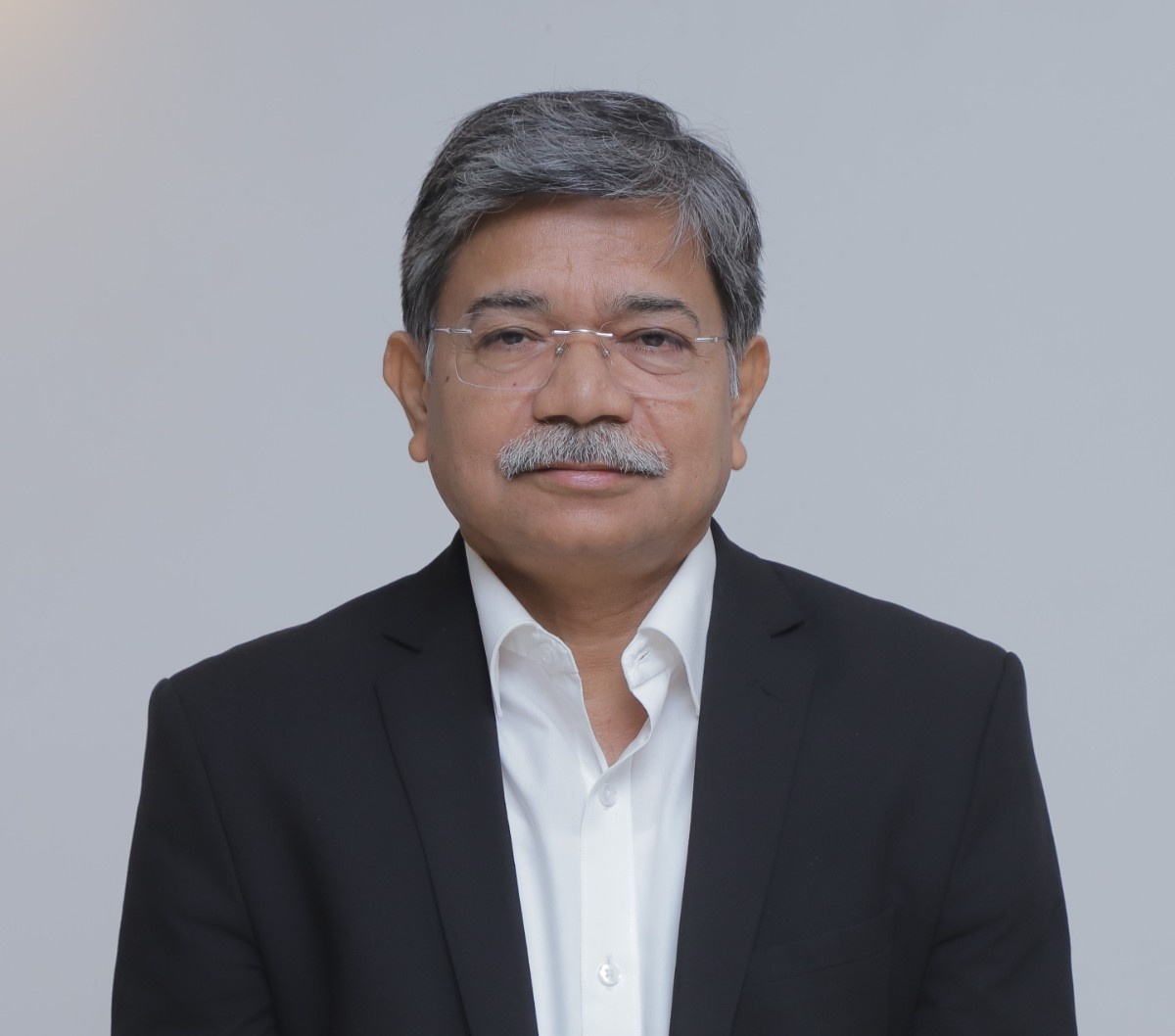
Sushil Kumar Singh
Chairperson, Deendayal Port Authority & Mumbai Port Authority

Atit Mahajan
Managing Director, CMA CGM, India
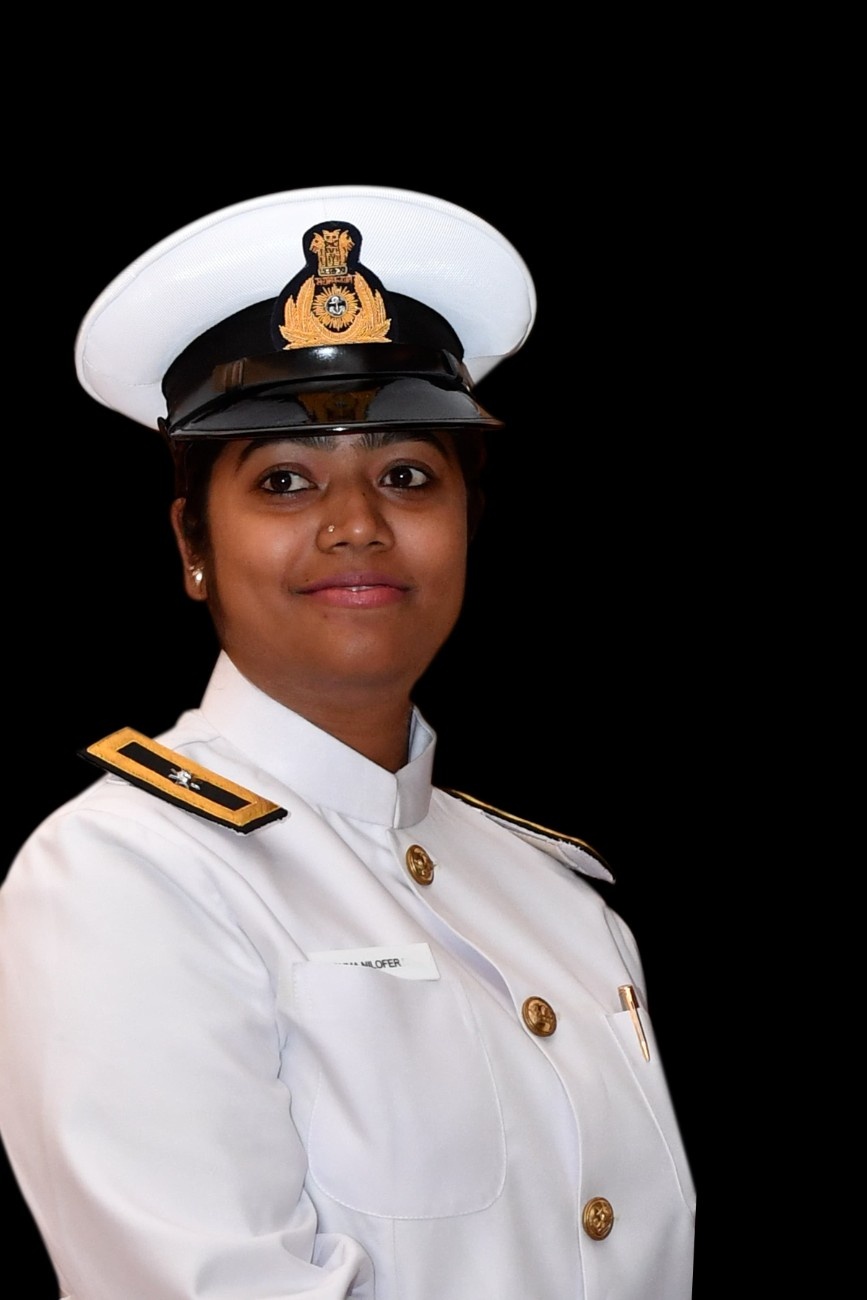
Reshma Nilofer Visalakshi
World's first river pilot, Syama Prasad Mookerjee Port Authority, Kolkata, India

Arjun Chowgule
Executive Director, Chowgule and Company and President of the Shipyards Association of India
International Speakers
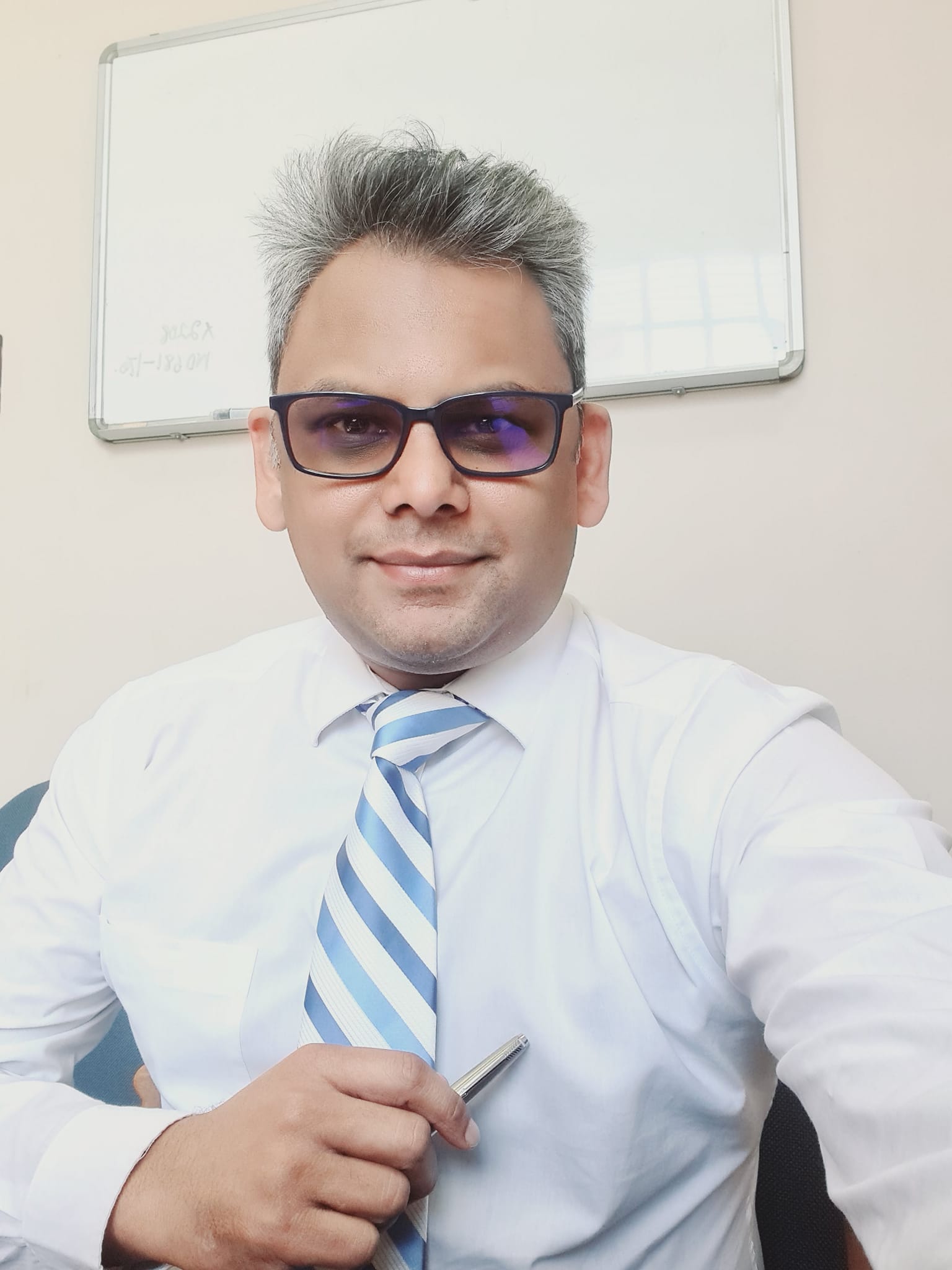
Vishal Surbun
Senior Law Lecturer, University of KwaZulu-Natal, South Africa
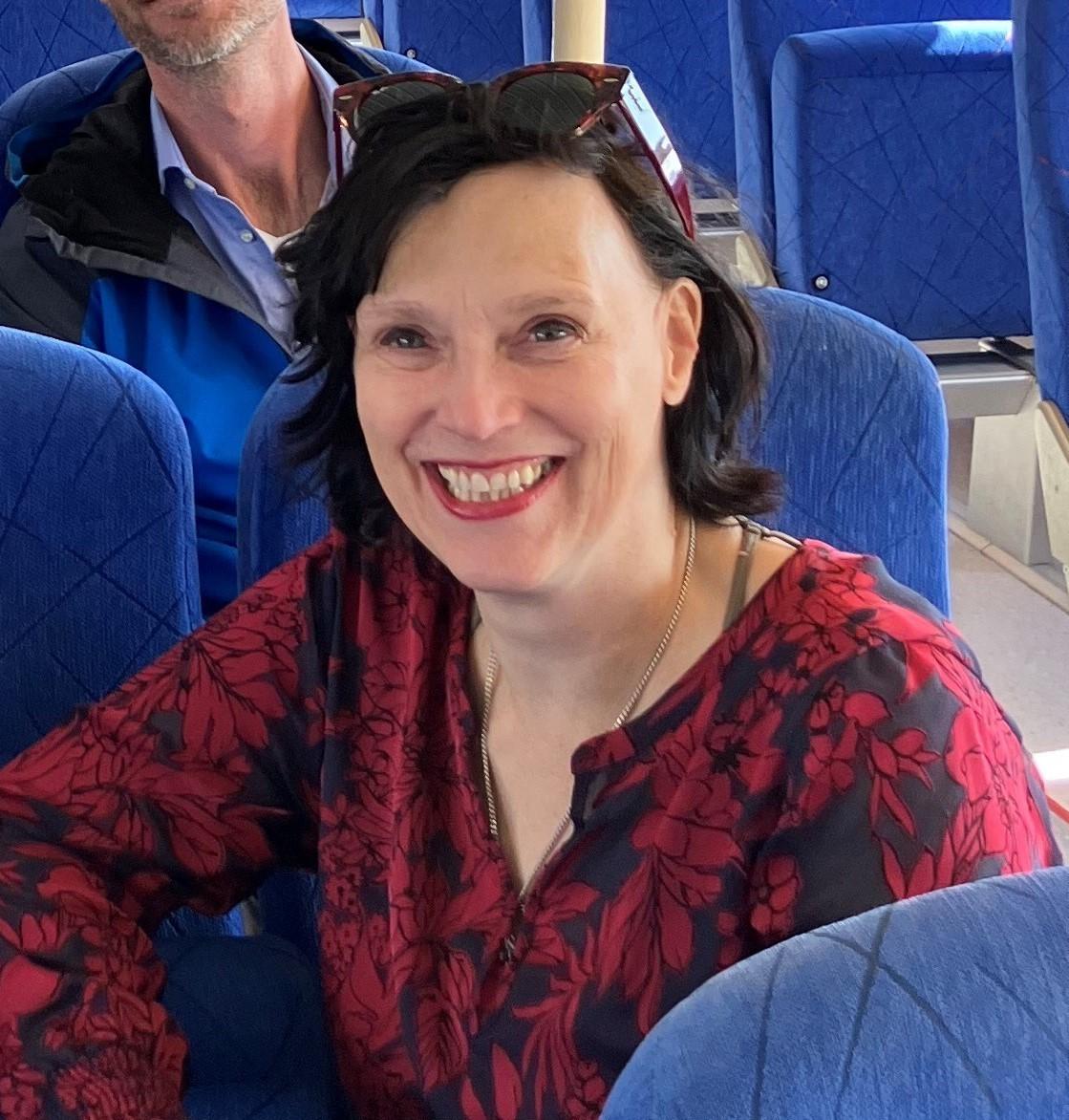
Nicole van Spronsen
Project Manager, Maritime Research Institute of the Netherlands (MARIN), The Netherlands
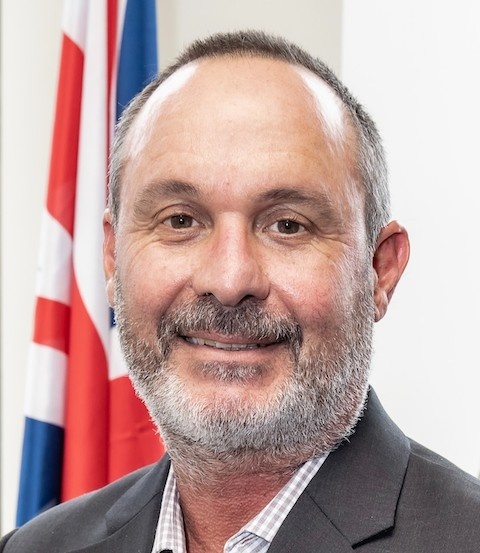
Troy Lee-Brown
Research Fellow, The University of Western Australia Defence and Security Institute, Australia

Yoon Jung Choi
Principal Research Fellow, Sejong Institute, Co-Chair, ASEAN Regional Forum, Republic of Korea

Ma. Carmen Ablan
Professor, De La Salle University, The Philippines
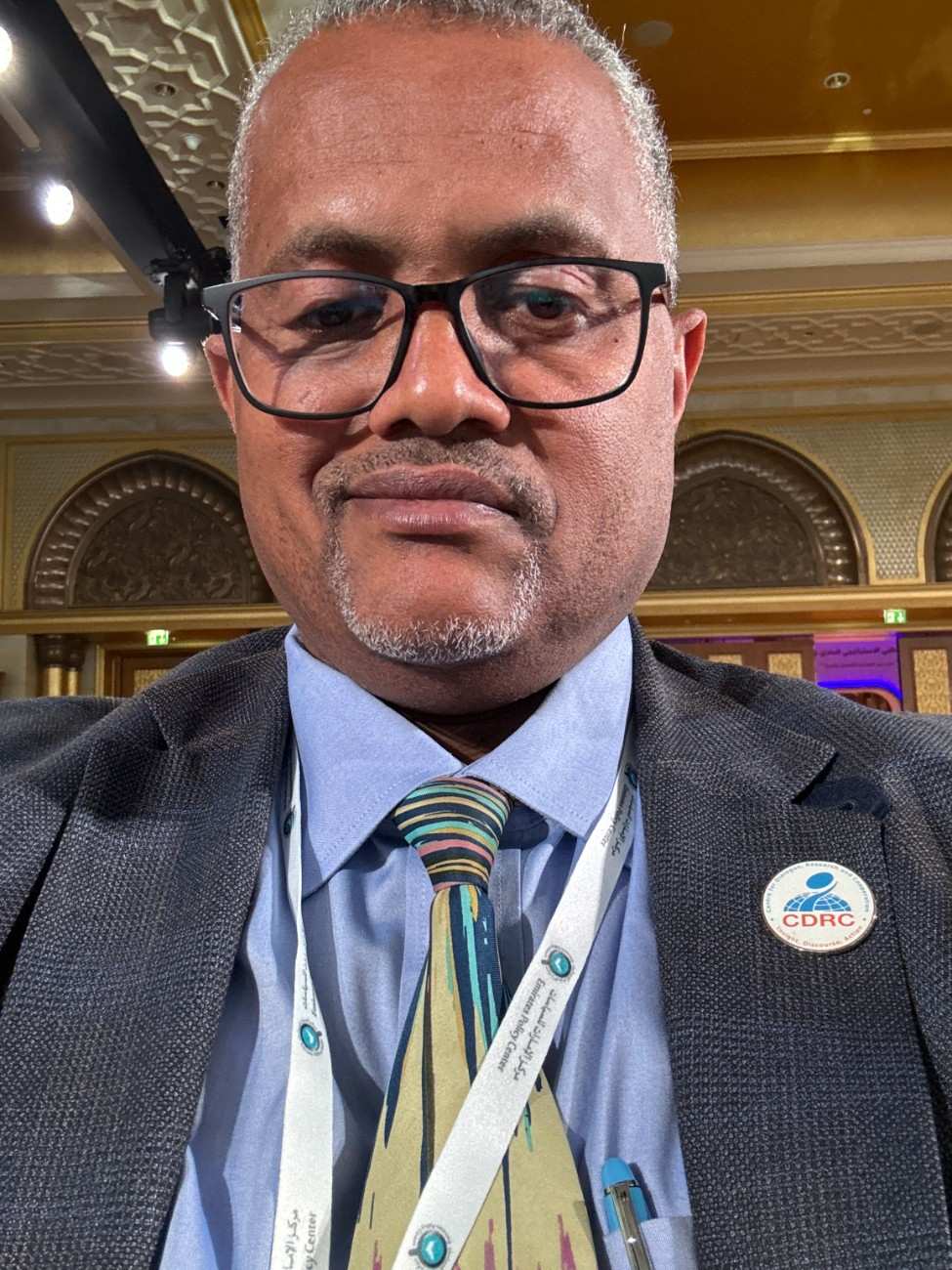
Abdeta Beyene
Executive Director, Centre for Dialogue, Research and Cooperation, Ethiopia
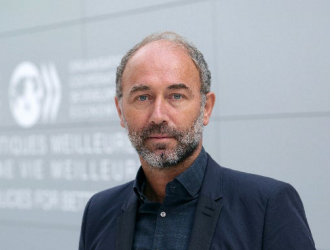
Karim Dahou
Deputy Director and Head of China Unit, Global Relations and Cooperation Directorate, OECD, France
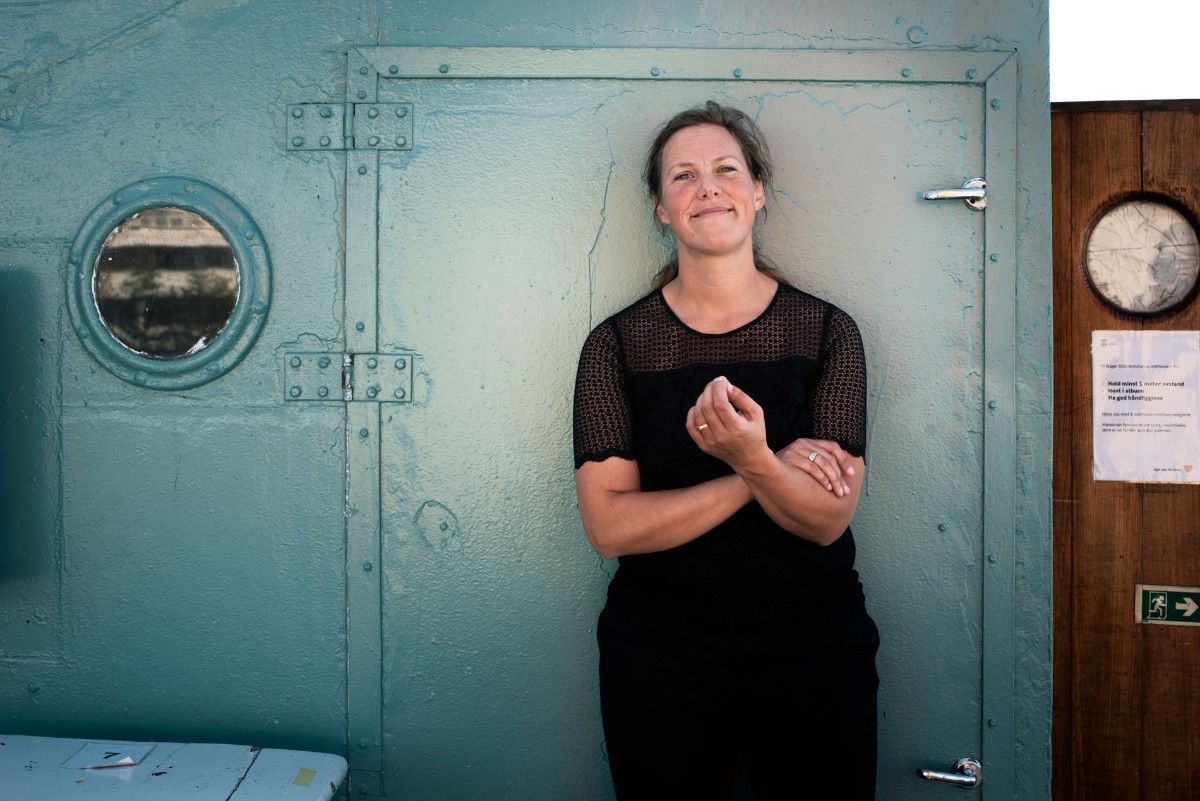
Birgit M. Liodden
Founder & Chief Mermaid, The Ocean Opportunity Lab (TOOL), Norway
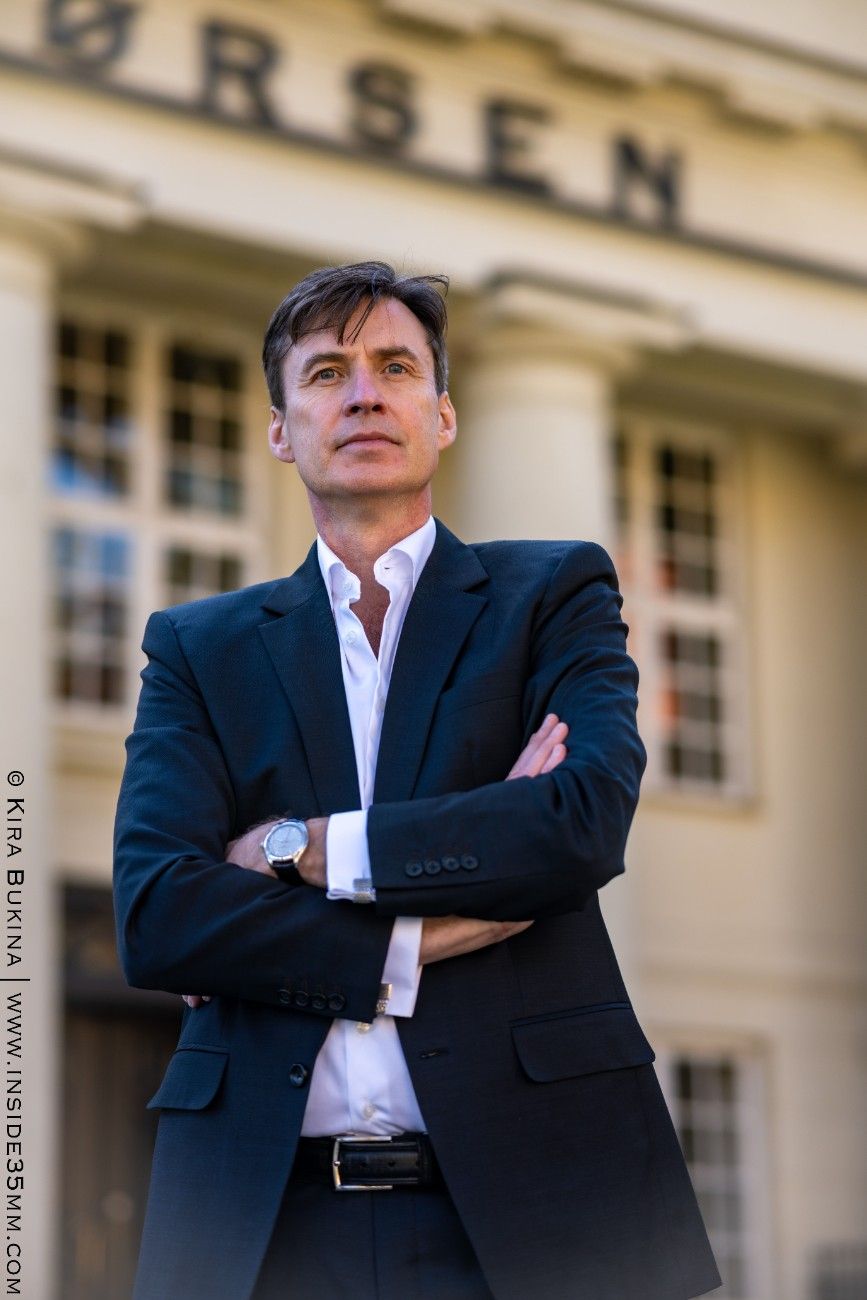
Øivind Amundsen
Chief Executive Officer, Euronext Oslo Børs, Norway
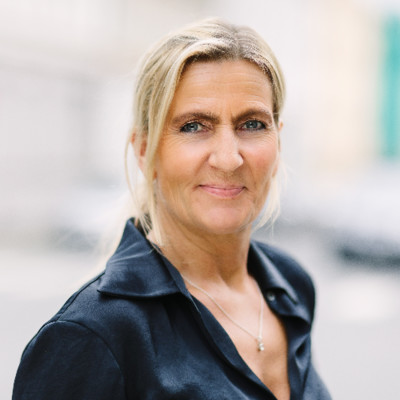
Sidsel Norvik
Director, Nor Shipping, Norway

Odin Aadland
Business Opportunity Manager, Nor-Shipping, Norway
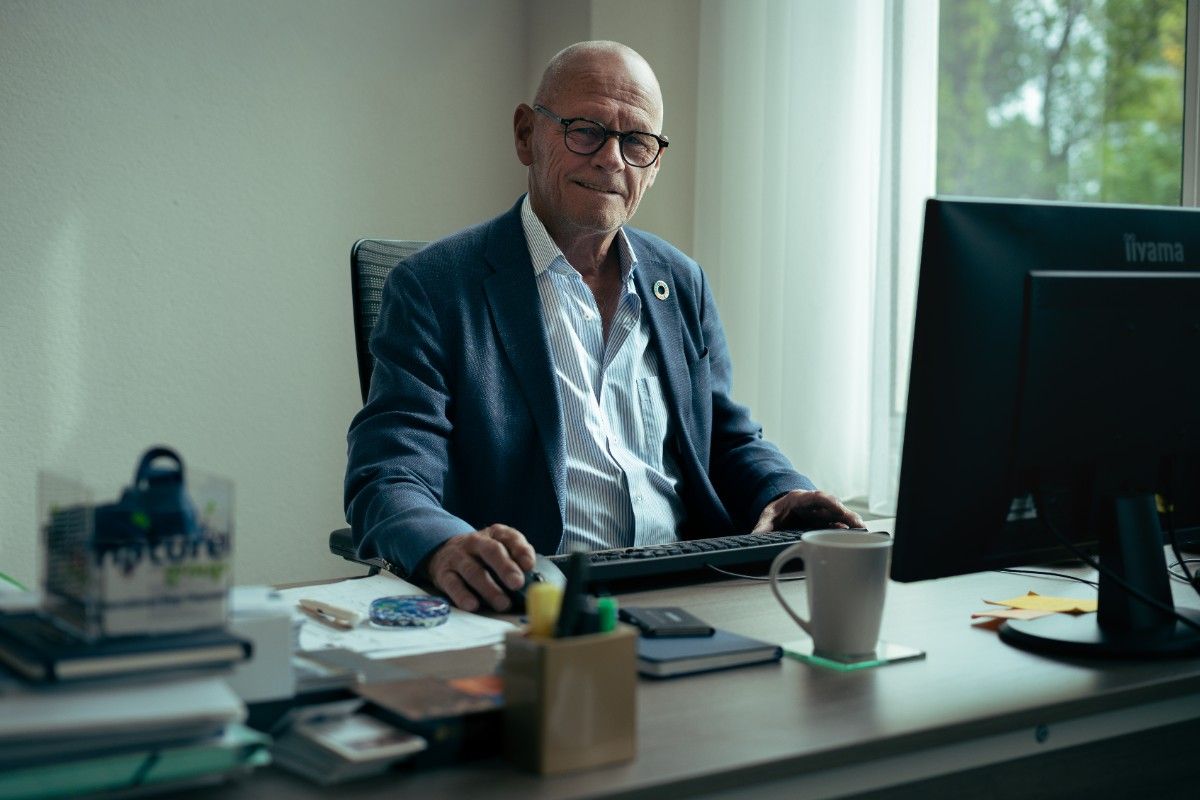
Jan Fransen
Executive Director, Green Award Foundation, The Netherlands
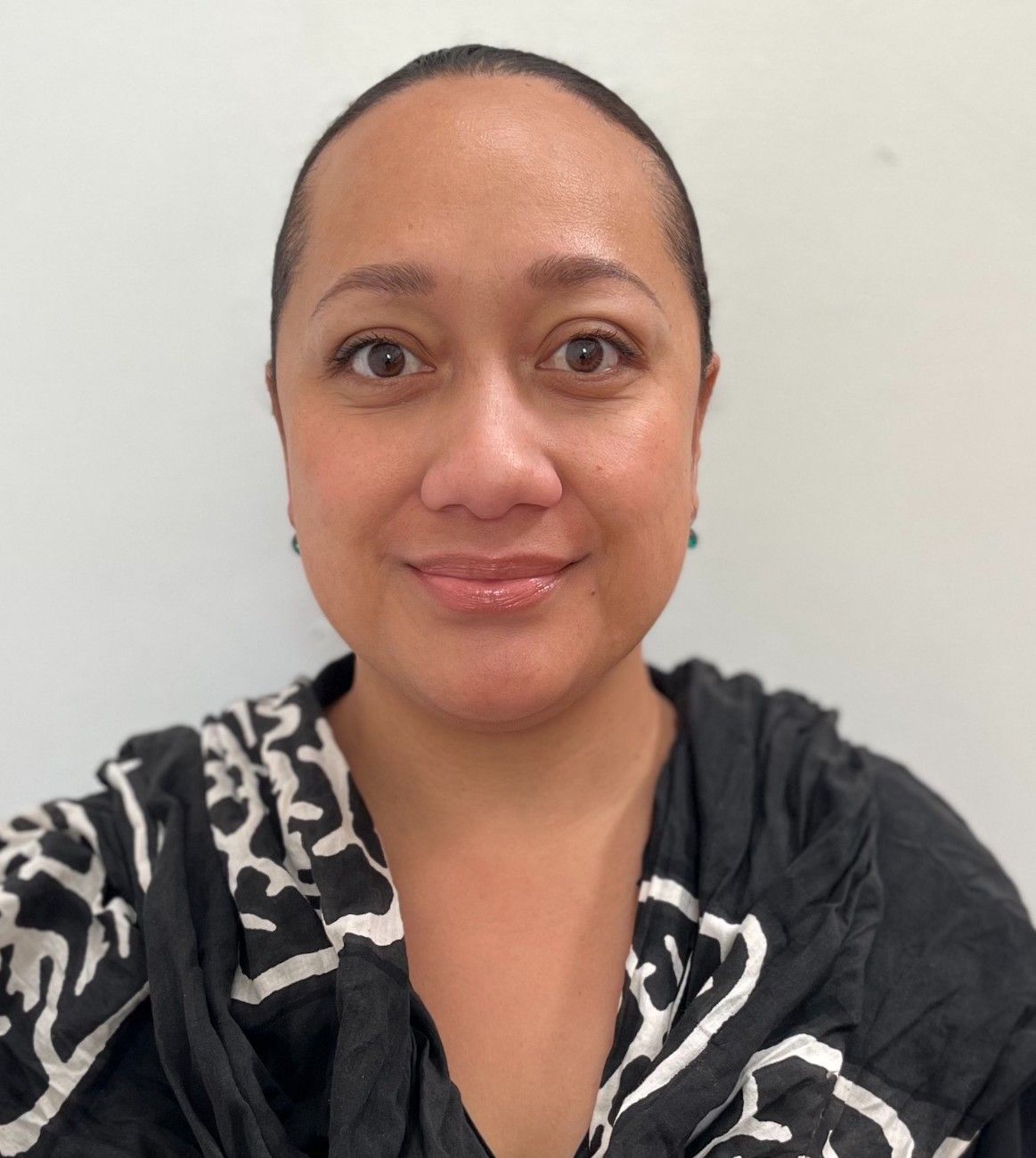
Krystal Fane Kite
Chief Operations Officer, Royal Oceania Institute, Tonga
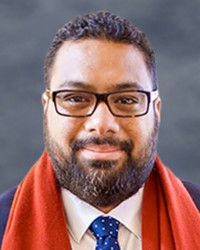
Fatafehi Fakafanua
Speaker, Legislative Assembly of the Kingdom of Tonga, Tonga
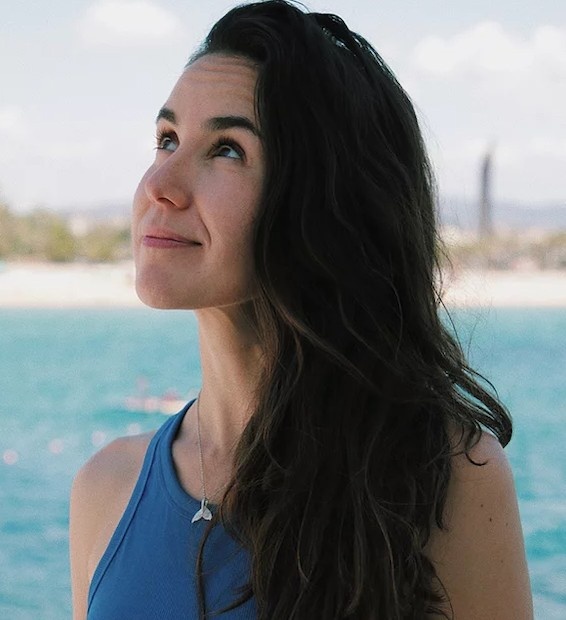
Laura Secorun
Managing Director, Meridian, Spain
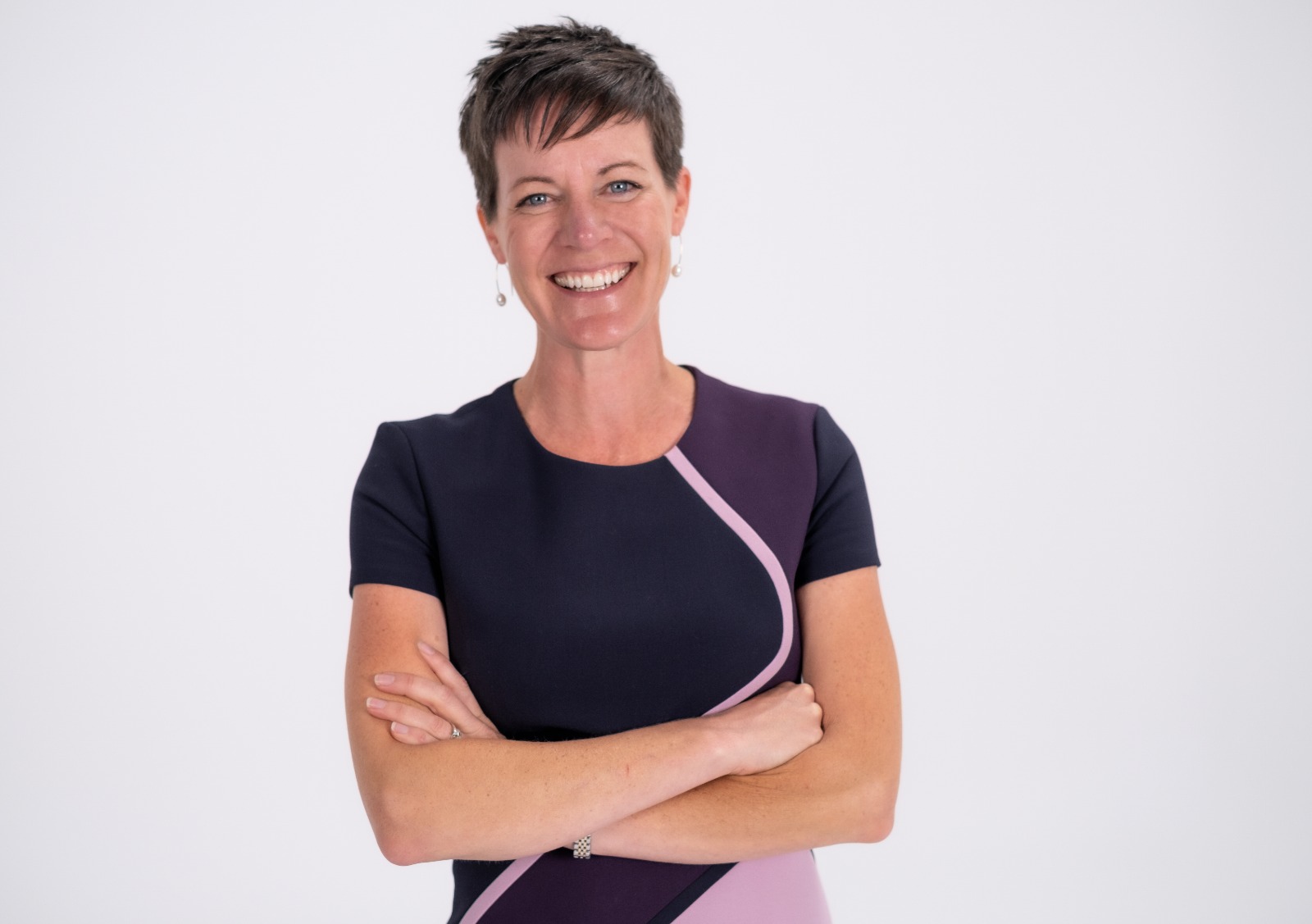
Jodie Kuntzsch
Chief Executive, Moananui, New Zealand
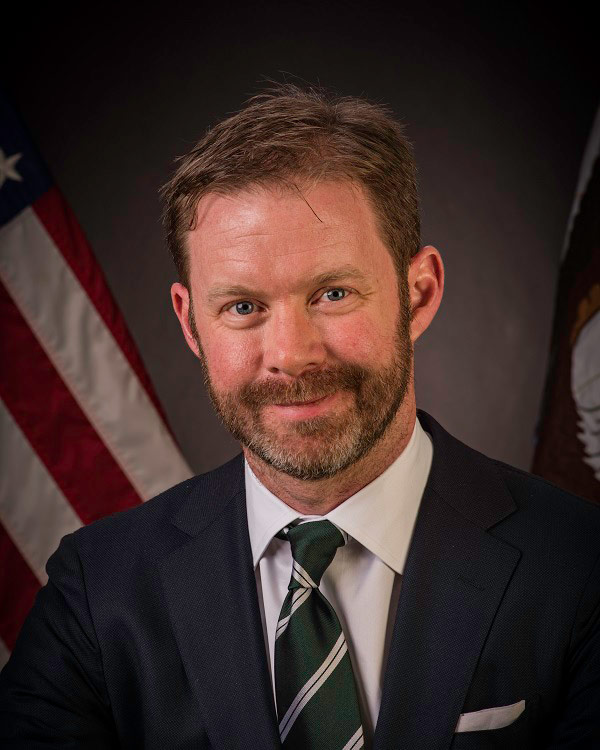
Jonathan D. Caverley
Senior Fellow, International Institute for Strategic Studies, USA
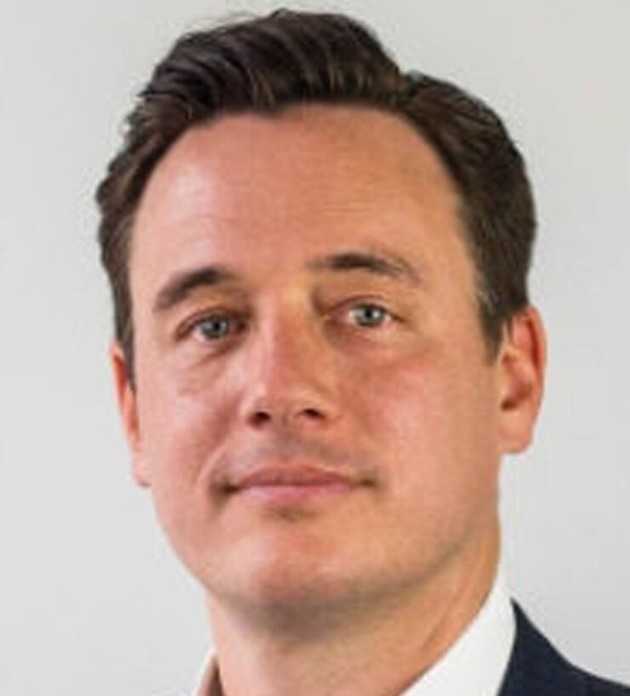
Michael Schröder
Member of the Board, Desertec Foundation, Germany

Sarna Röser
Member of the Board, Röser Group, Germany
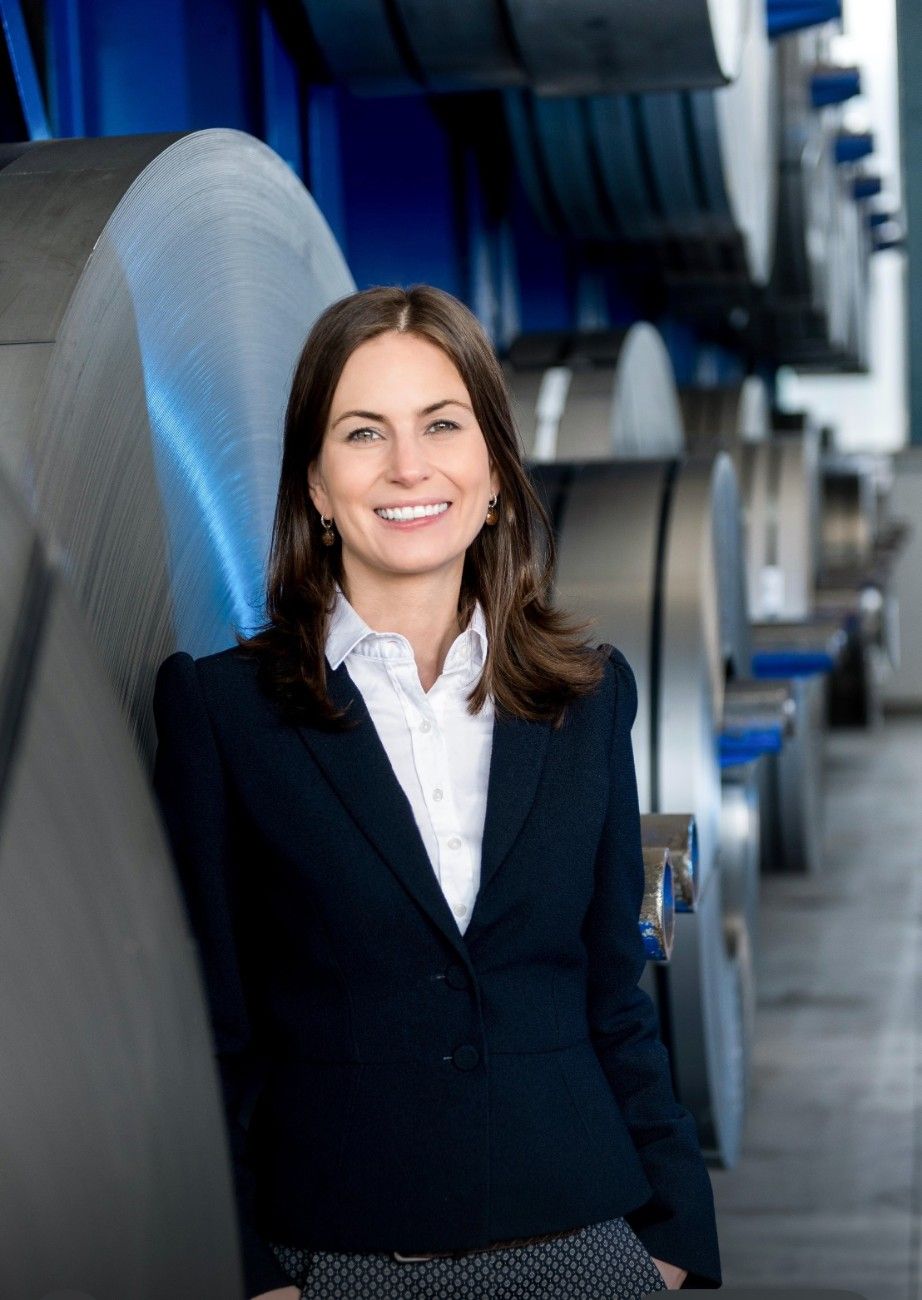
Viktoria Vollmann
Managing Partner/Executive Partner, Vollmann Group, Germany

Christian von Daniels
Chief Executive Officer, van Laack GmbH, Germany
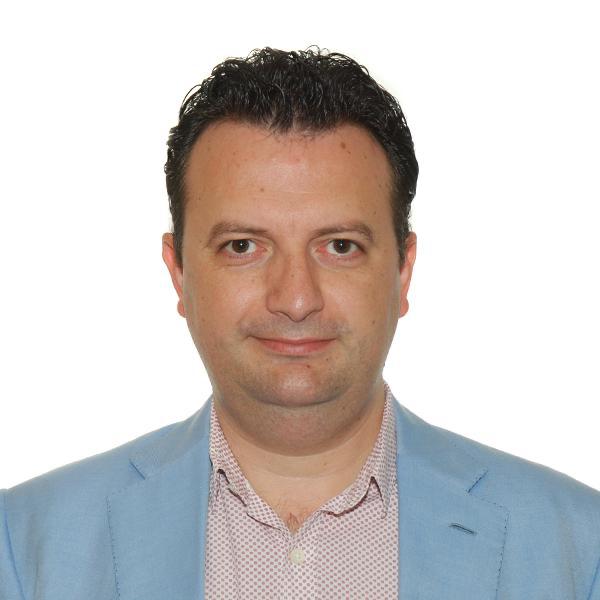
Dorian Duçka
Chief Executive Officer, Alpha Strategy Consulting, Albania
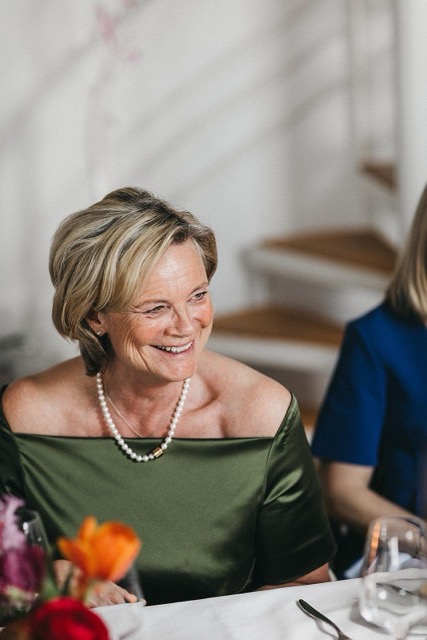
Claudia Rutt
Chief Financial Officer, Datri, Germany
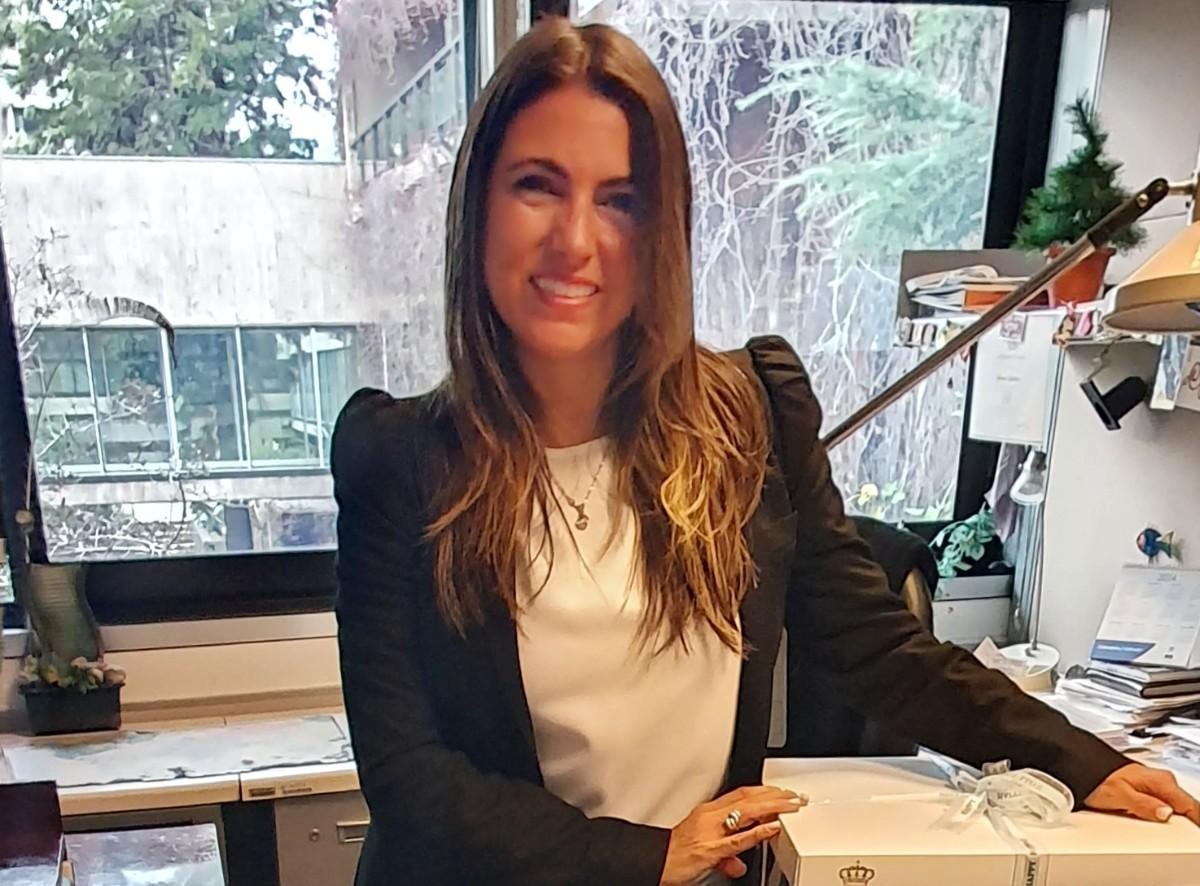
Georgina Cipoletta
Economics Affairs Officer, United Nations Economic Commission for Latin America and the Caribbean (UN-ECLAC), Chile
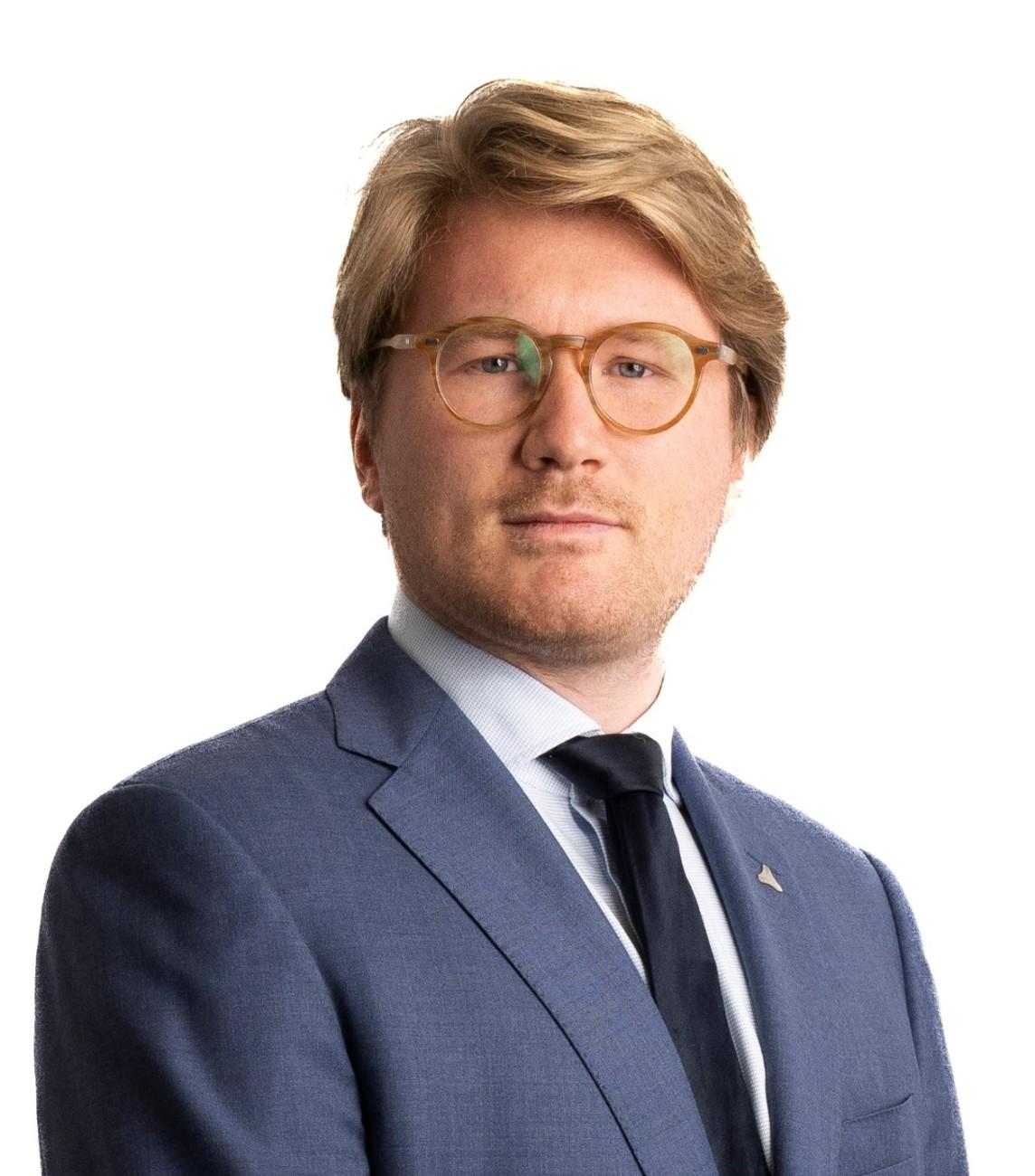
Achille Sobry
Regional Lead Indian Subcontinent, Port of Antwerp-Bruges, Belgium
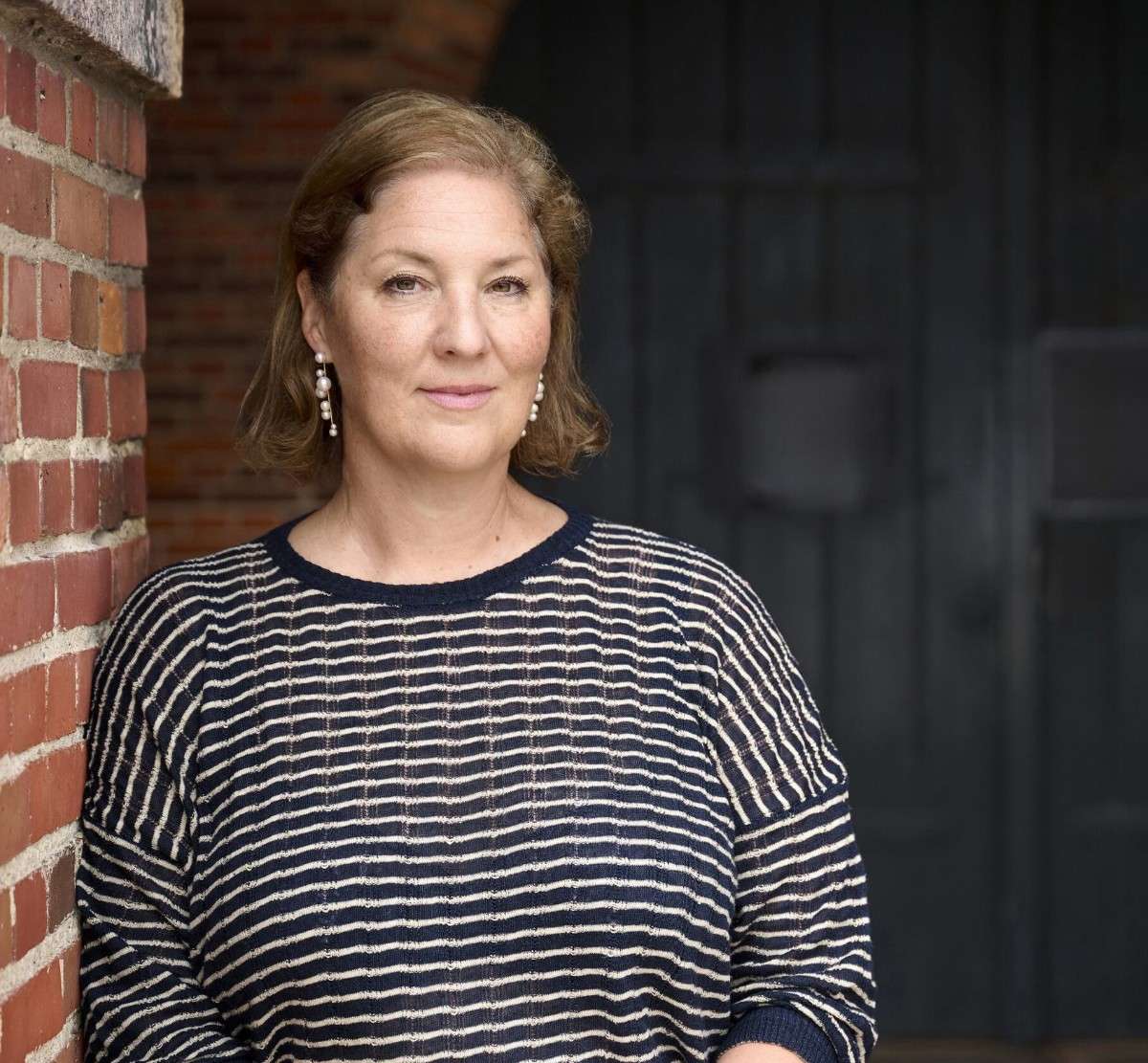
Johannah Christensen
Chief Executive Officer, Global Maritime Forum, Denmark
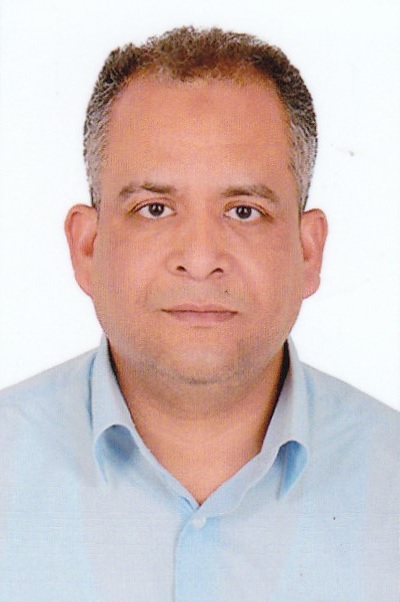
Emad Hamdi Fawaz Rezk
Deputy Director of Planning Department, Suez Canal Authority, Egypt
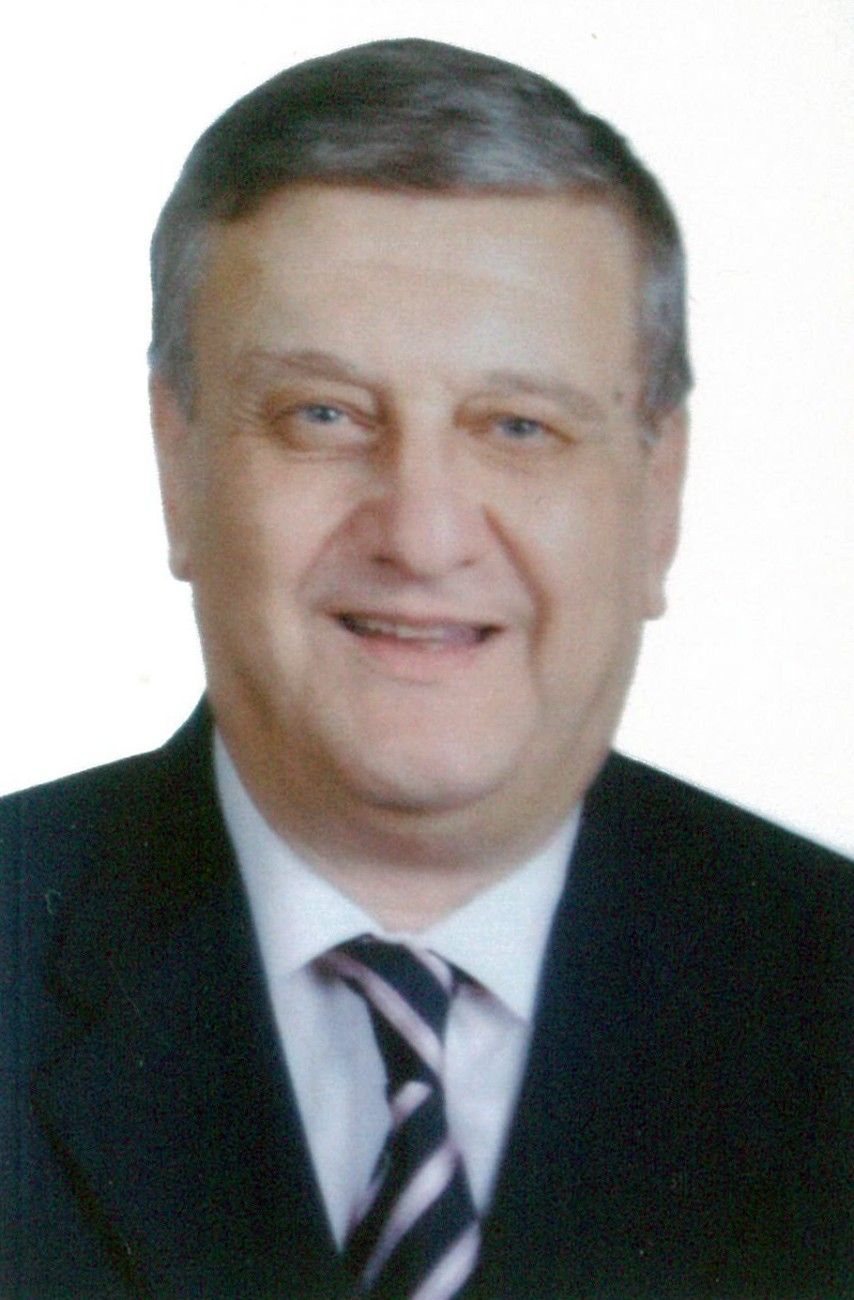
Sherine Naggar
Chairman, Naggar Maritime, Egypt
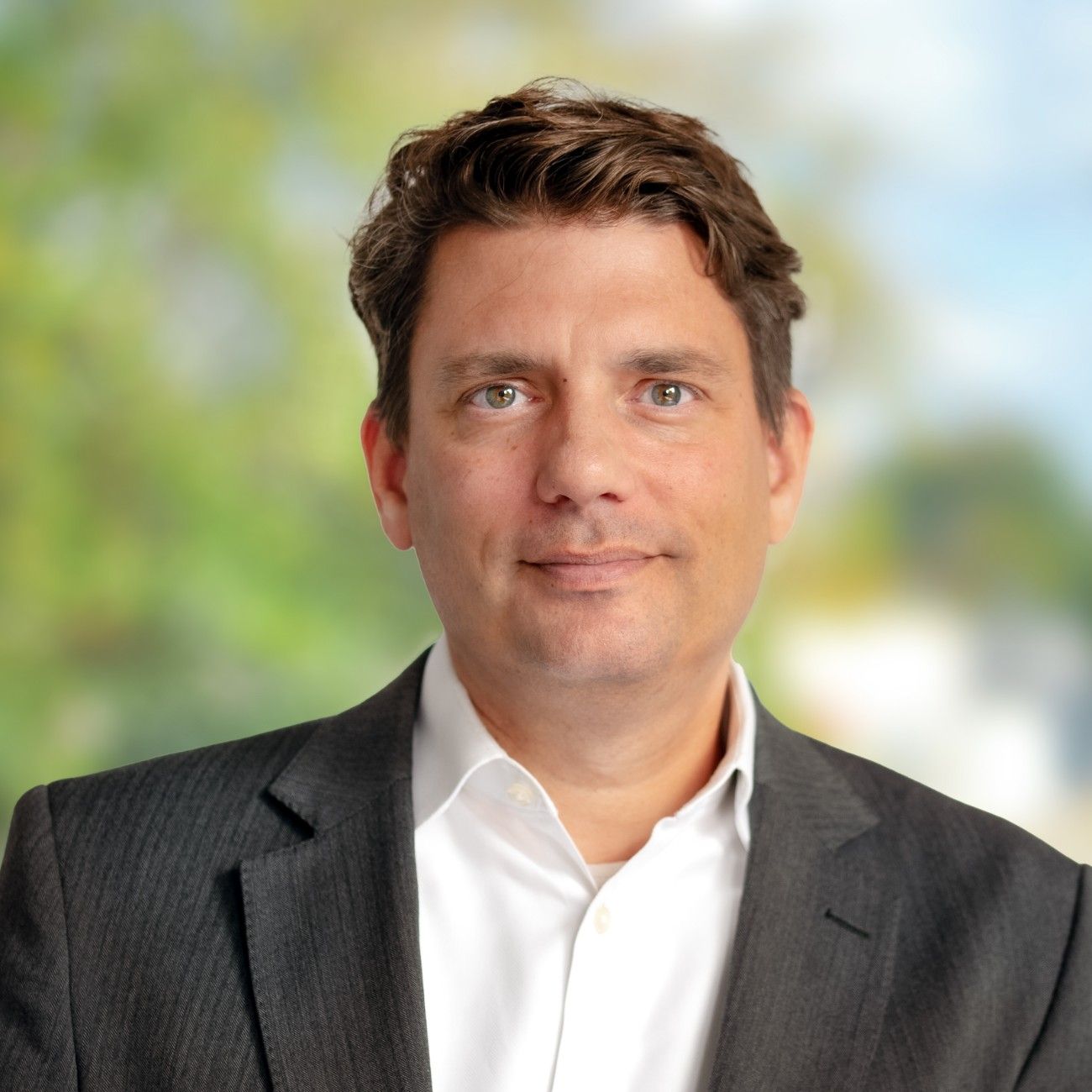
Matthias Catón
Managing Director, German Maritime Centre, Germany
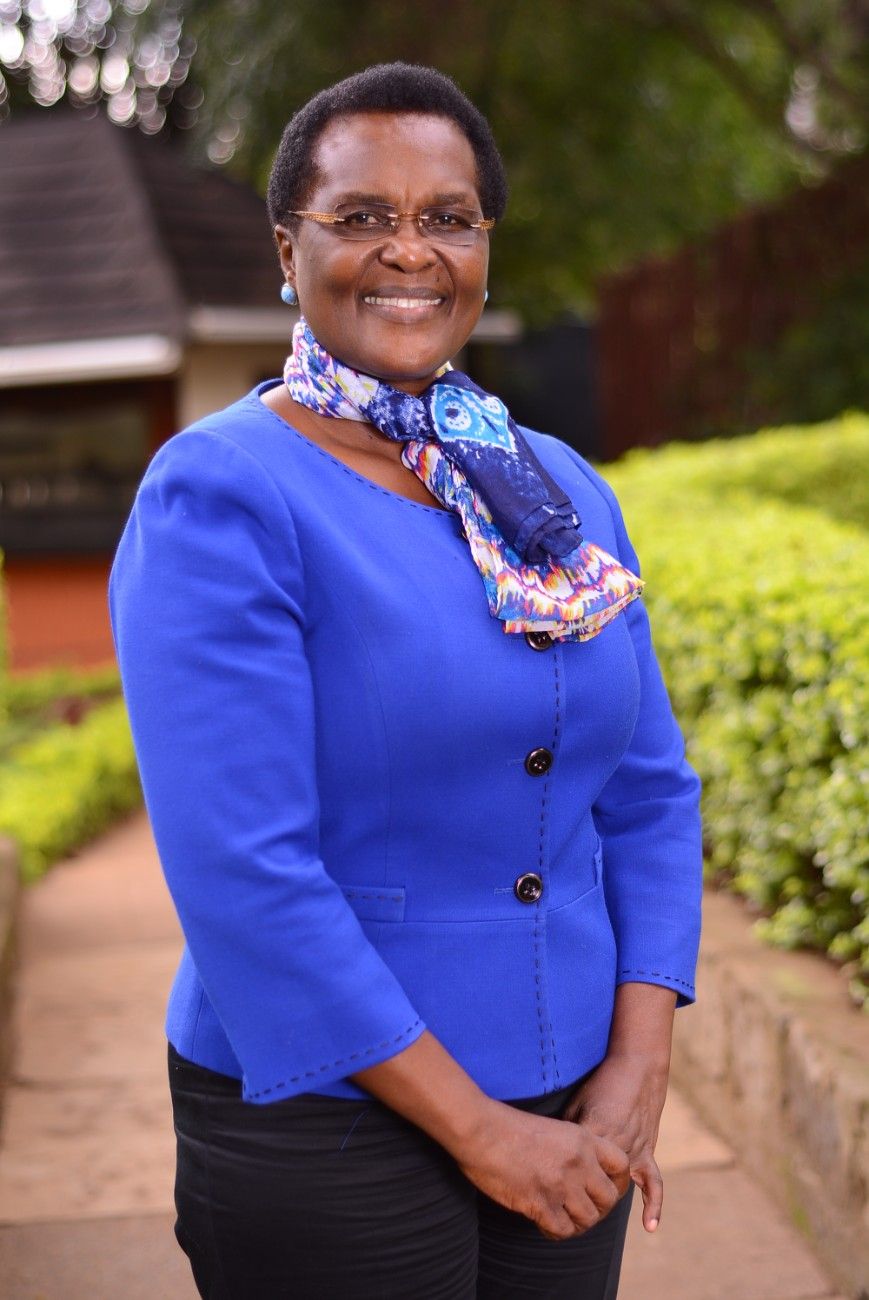
Nancy Karigithu
Special Envoy and Adviser Maritime and Blue Economy, Executive Office of the President, Kenya
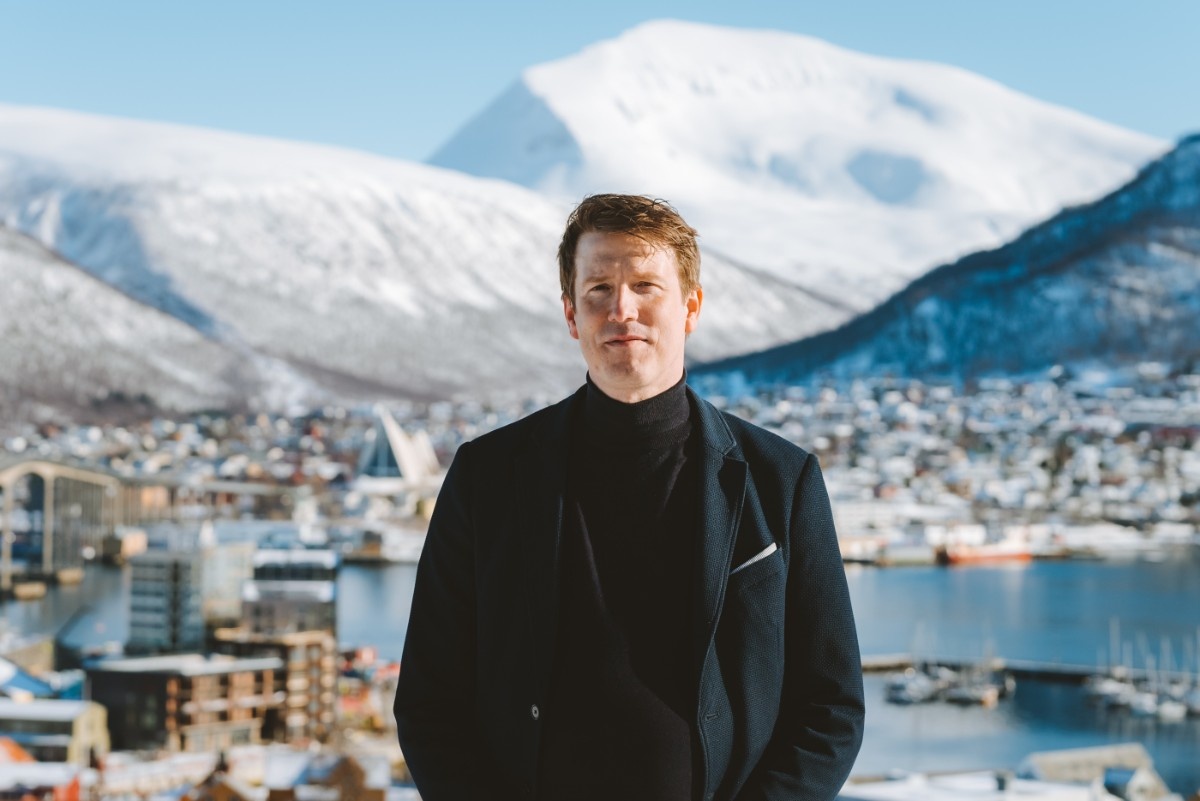
Mads Qvist Frederiksen
Executive Director, Arctic Economic Council, Norway
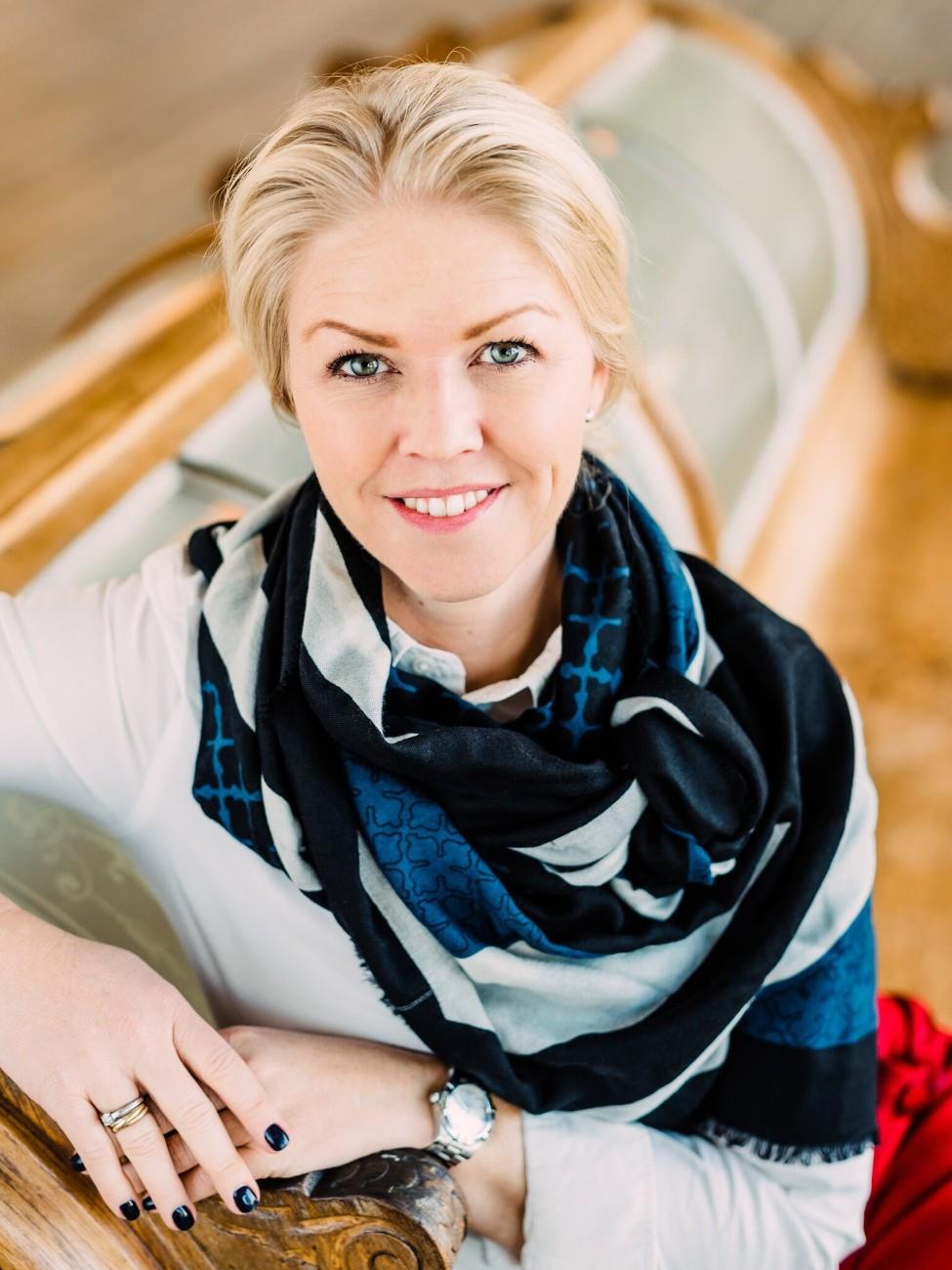
Siv Remøy-Vangen
Chief Executive Officer, Norwegian Electric Systems, Norway
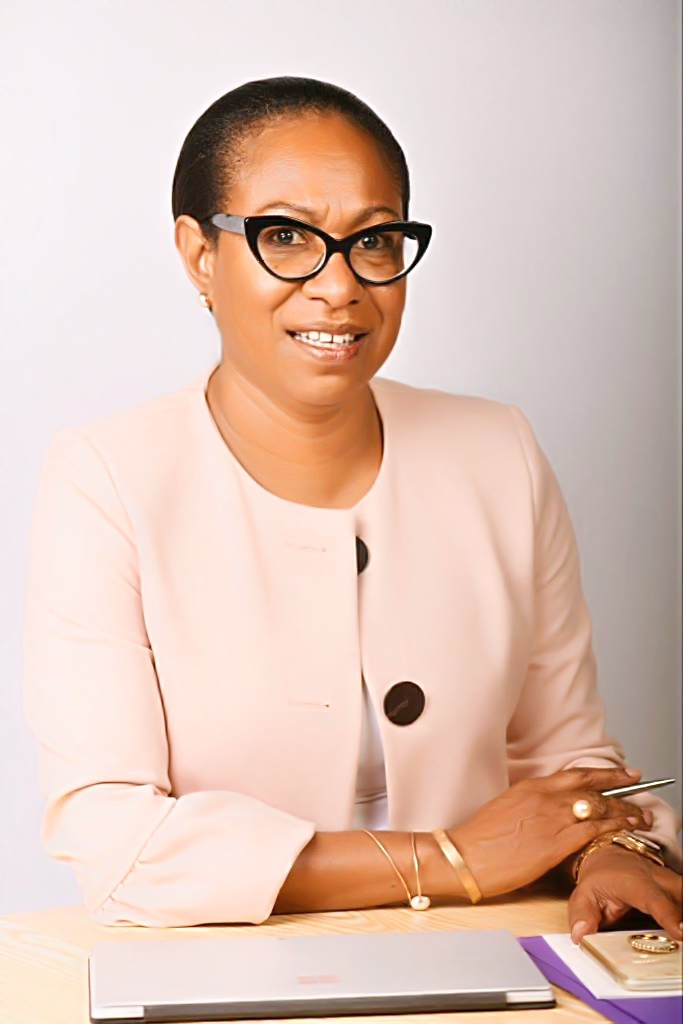
Dulciana Somare-Brash
Development Specialist, DevCom Pacific, Papua New Guinea
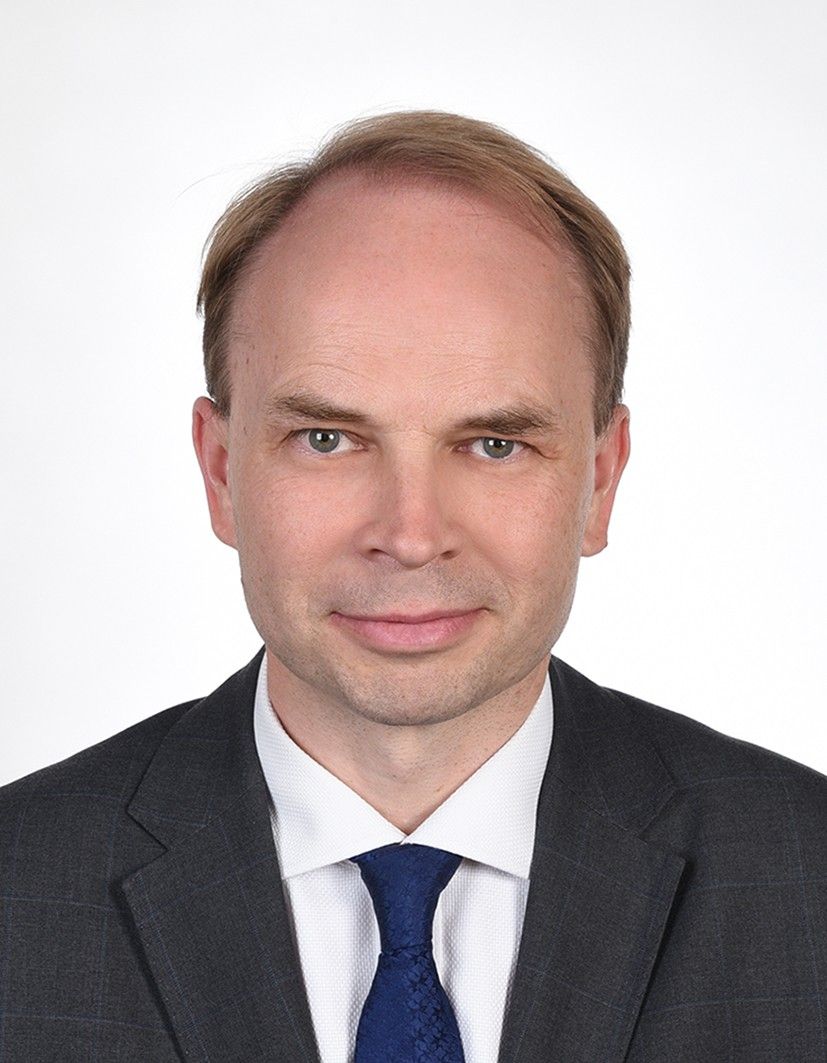
Tomasz Łukaszuk
Researcher, University of Warsaw, Former Ambassador of Poland to India, Poland
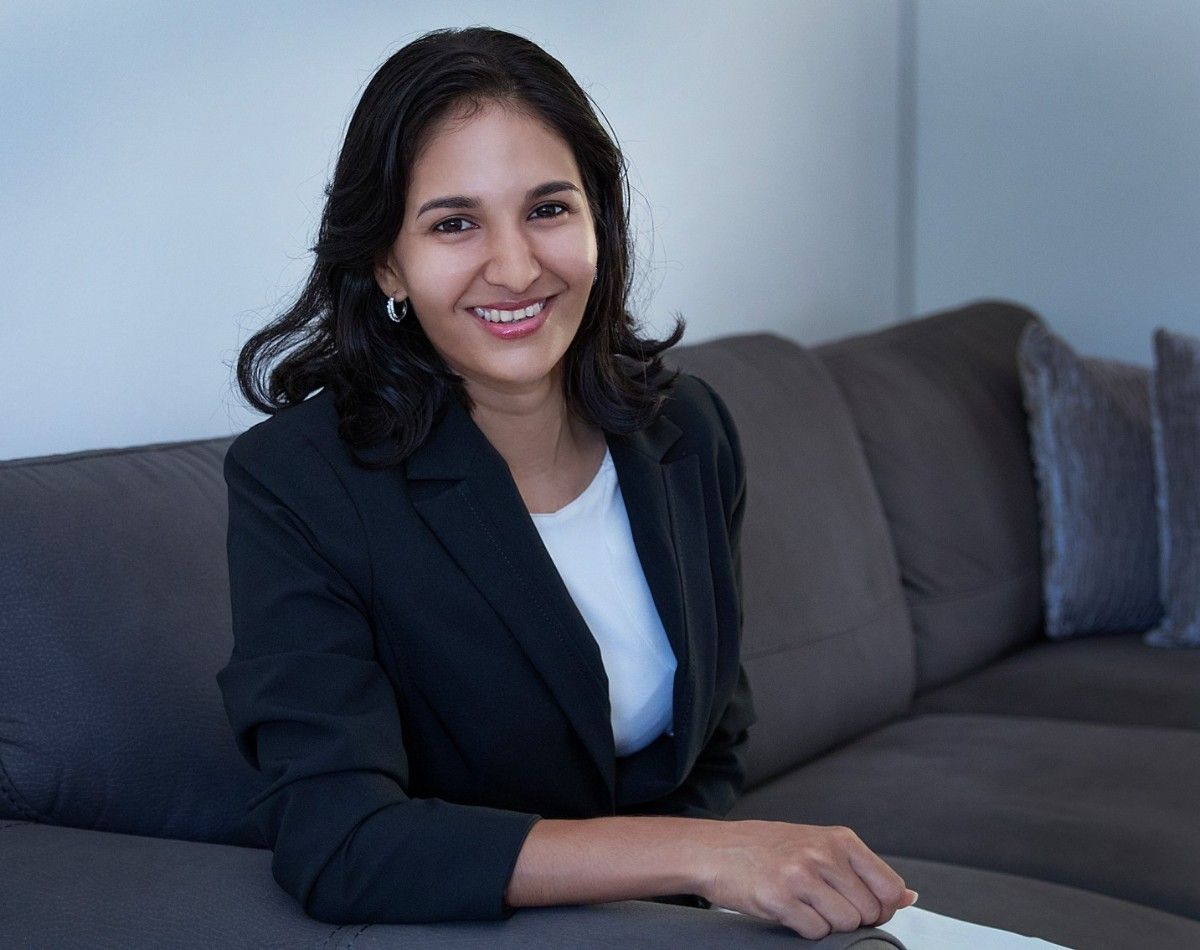
Malshini Senaratne
Assistant Head of Department, University of Seychelles, Director, Eco-Sol Consulting, Seychelles


